Refining Character with Nature


 Mr Peter Allison, Head of The King’s School Preparatory School
Mr Peter Allison, Head of The King’s School Preparatory School



Recalling a first experience


• What did it feel like?
• What did you experience as you did it?
• How did you feel afterwards?
Value of Outdoor Education Programs

“Nature immersion has a profound impact on well-being, creativity, brain function, and mood states and is now corroborated by mounting research in this area (Selhub & Logan, 2012). Unbridled autonomy in the outdoors can also be liberating for students. Being encouraged to make choices, decisions, build confidence and mastery, also help develop a sense of purpose and meaning (Phenice & Griffore, 2003). Problem-solving skills, interpersonal relationships, teamwork, self-discipline, and executive functioning skills are also acquired (Henley, 2010).”
Gray & Pigott (2018)

Genesis and development of the King’s Preparatory School Outdoor EducationProgram

Terrain for today
Research - structured and unstructured outdoor education programs
Advancing and assessing character development through outdoor education
2022 UK Outdoor EducationStudy Tour findings

The King’ School – a snapshot
• Oldest independent school in Australia – est. 1831

• Oldest military uniform still worn in Australia
• 130 hectares of land in demographic heart of Sydney and 70 hectares in the Southern Highlands

• Three campuses –
• Prep School (440) - IB PYPsince 2008
• Senior School (1500, 400 boarders) – Parramatta – IB Diploma candidate

• Tudor House (250, 50 boarders) – Southern Highlands campus – coeducationalIB PYPsince 2019
• IB World School – running the IB PYPat the Prep and Tudor House, candidate school for Diploma
• Strong history of excellence in residential boys education and leadership
• 2017- new Headmaster – Tony George

Outdoor Education Trek to date
• 2018 – new leadership structure & development of Strategic Plan

• 2019-2021 – Strategic Plan – Prep School Outdoor Education Program established and expanded

Outdoor Education Trek 2022- 2024 – Strategic Plan
• Continue to expand the outdoor education program
• Authentic curriculum links where appropriate
• Business case - staffing structures and allocations for outdoor education program 2025-2027

• King’s School Certificate P-12 - leadership and character education

• Cadet Unit experience for Year 6 students
• Explore assessment of character development in outdoor ed
Structured vs Unstructured
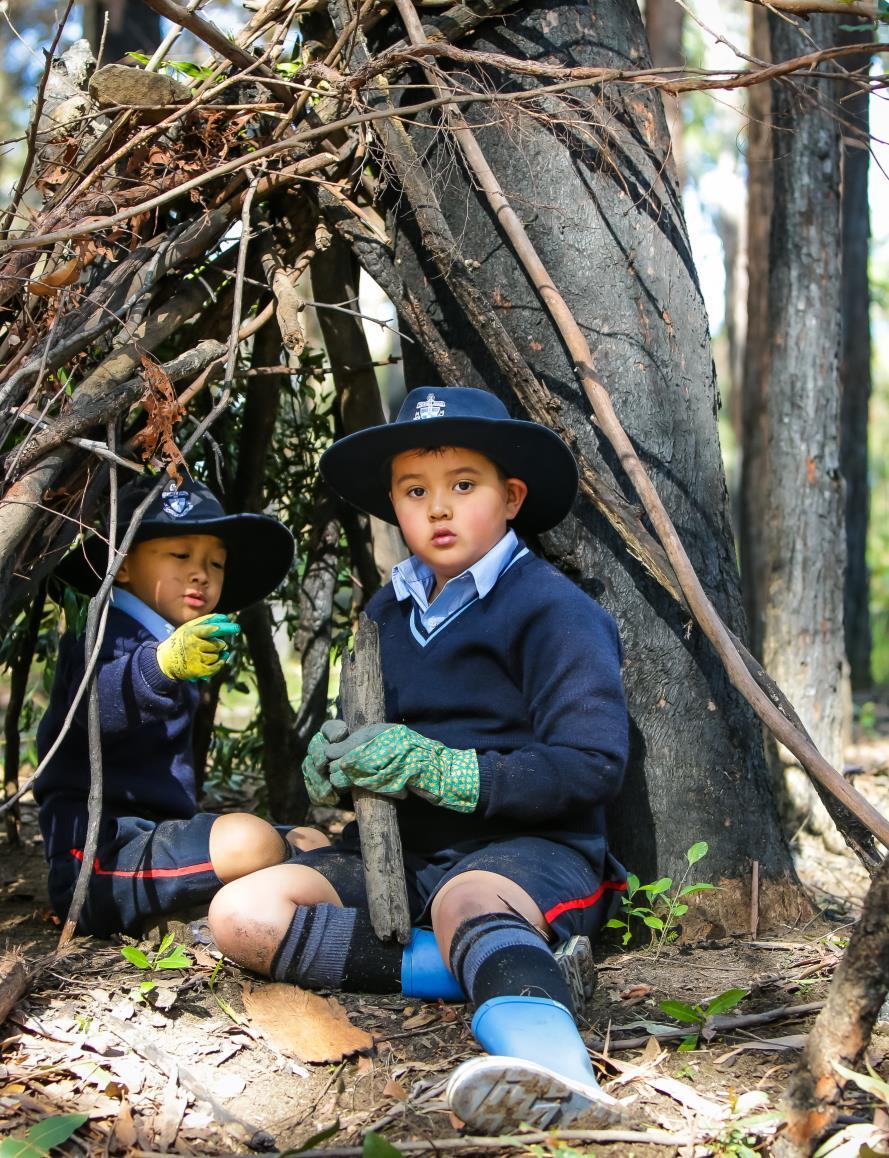
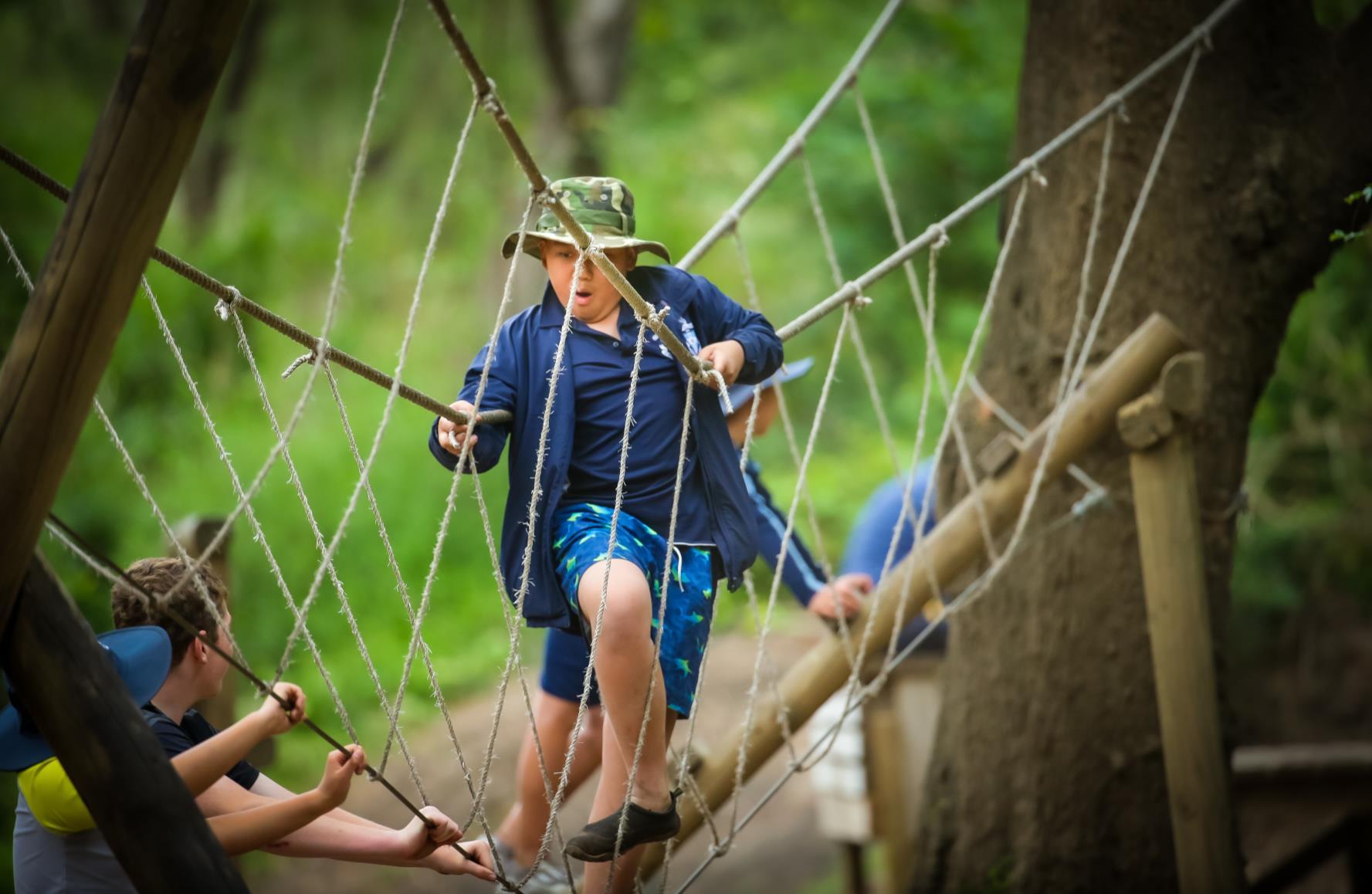

Outdoor Education at King’s Prep



Term 1
4 week inquiry
Year 2
Focus: An inquiry into significant sites, using artefacts to understand history and evaluating the value of preserving historical architecture.
Outdoor Ed Enrichment: Explore architecture in our school environment. Students appreciate different structures and consider the need for preservation of some sites on our campus, by justifying their significance.
Where we are in place & time
Week 1
Orienteering: Students hike around campus following maps using the QR codes created by Year 4 to learn about different places around the school
- The Dam - The Chapel
Week 2
Orienteering: Students hike around campus following maps using the QR codes created by Year 4 to learn about different places around the school
- The Stables

- The Hayshed
- The White Oval
Week 3
Orienteering: Students hike around campus following maps using the QR codes created by Year 4 to learn about different places around the school
- Hunts Creek
- Crocs Cave
Week 4
Orienteering: Students hike around campus following maps using the QR codes created by Year 4 to learn about different places around the school - Gowan Brae - The Aviary
Year 3
Focus: An inquiry into how people value and learn about ancient indigenous wisdom, connected to the land. An exploration of indigenous culture, including storytelling, rituals, relationships, hunting and cultural practices.
Outdoor Ed
Enrichment: Students learn about bush tucker, and the value of native plants for food, medicine and ceremonial purposes.
Week 1
Semester-long inquiry

Where we are in place & time
Build a Bush Tucker & Medicinal Garden:
- create a indigenous garden near the firepit area for yarning
- source native plants
- communicate with Aunty Fran Bodkin about bush tucker and medicines
Week 2
Build a Bush Tucker & Medicinal Garden:
- tending to garden
- research the uses and benefits of each plant
- continue to communicate with Aunty Fran Bodkinabout bush tucker and medicines
Week 3
Build a Bush Tucker & Medicinal Garden:
- tending to garden
- visit Ag plot
- compare aspects of water use, pesticides and environmental impact of other crosp (e.g. potatos, cotton)
- continue to communicate with Aunty Fran Bodkin about bush tucker and medicines
Remainder of term:
Build a Bush Tucker & Medicinal Garden:
- tending to garden
- harvesting plants
- cooking and eating bush tucker
- analysing with plants for hardiness and environmental impact - continue to communicate with Aunty Fran Bodkin
Focus: An inquiry into chemistry. Developing understanding of states of matter.
Experimenting with ways that heat applied to matter causes changes of state. Introduction to the scientific method.
Outdoor Ed Enrichment: How to Build a Fire: Through a series of hands-on experiments, boys consider how heat can cause combustion.
Week 5
Fire Triangle:
- Boys learn about the elements required to create and sustain a fire: fuel, oxygen, heat. Students collect fuel for a fire.
Week 6
Trialling combustion tools: Students experiment with flint and steel to create a spark. Students experiment with different types of kindling to cause the fire to start.
Week 7
- Use a fire bow drill to start a fire. Students explore how to create heat through friction. Students observe the changing states of matter when fire starts.
Week 8
Cooking with Fire: Students use the most efficient method for start a fire. Observe changes in matter (wood, smoke, embers). Students cook marshmallows and observe changing matter as heat is applied.
Term 1
Year 6
Focus: An inquiry into identity, with a focus on and holistic health. Exploring physical, mental, spiritual health. Understanding lifestyle choices regarding nutrition, exercise, safety and healthy relationships.
Outdoor Ed
Enrichment: Students participate in physical challenging activities which encourage them to use teamwork, perseverance and resilience
Week 1
4 week rotation of activities
- Canoeing (6S) - Boys learn how to paddle and work as part of a team to canoe on flat water.
- RockClimbing (6J)boys work together to belay each other and provide guidance when trying to climb the wall
- Mountain Bike riding
(6G) - boys are assessed and placed in ability groups then challenged on the MTB course, trails or ovals
- Team building activities/initiatives (6M)boys are given a series of challenges that they need to overcome as a team working together
Term 1

4 week inquiry Who We Are
Week 2
4 week rotation of activities
- Canoeing(6M) - Boys learn how to paddle and work as part of a team to canoe on flat water.
- RockClimbing (6G)boys work together to belay each other and provide guidance when trying to climb the wall
- Mountain Bike riding
(6S) - boys are assessed and placed in ability groups then challenged on the MTB course, trails or ovals
- Team building activities/initiatives (6J)boys are given a series of challenges that they need to overcome as a team working together
Week 3
4 week rotation of activities
- Canoeing (6J) - Boys learn how to paddle and work as part of a team to canoe on flat water.
- RockClimbing (6S)boys work together to belay each other and provide guidance when trying to climb the wall
- Mountain Bike riding
(6M) - boys are assessed and placed in ability groups then challenged on the MTB course, trails or ovals
- Team building activities/initiatives (6G)boys are given a series of challenges that they need to overcome as a team working together
Week 4
4 week rotation of activities
- Canoeing (6G) - Boys learn how to paddle and work as part of a team to canoe on flat water.
- RockClimbing (6M)boys work together to belay each other and provide guidance when trying to climb the wall
- Mountain Bike riding
(6J) - boys are assessed and placed in ability groups then challenged on the MTB course, trails or ovals
- Team building activities/initiatives (6S)boys are given a series of challenges that they need to overcome as a team working together
Transdisciplinary Approach –Year 1
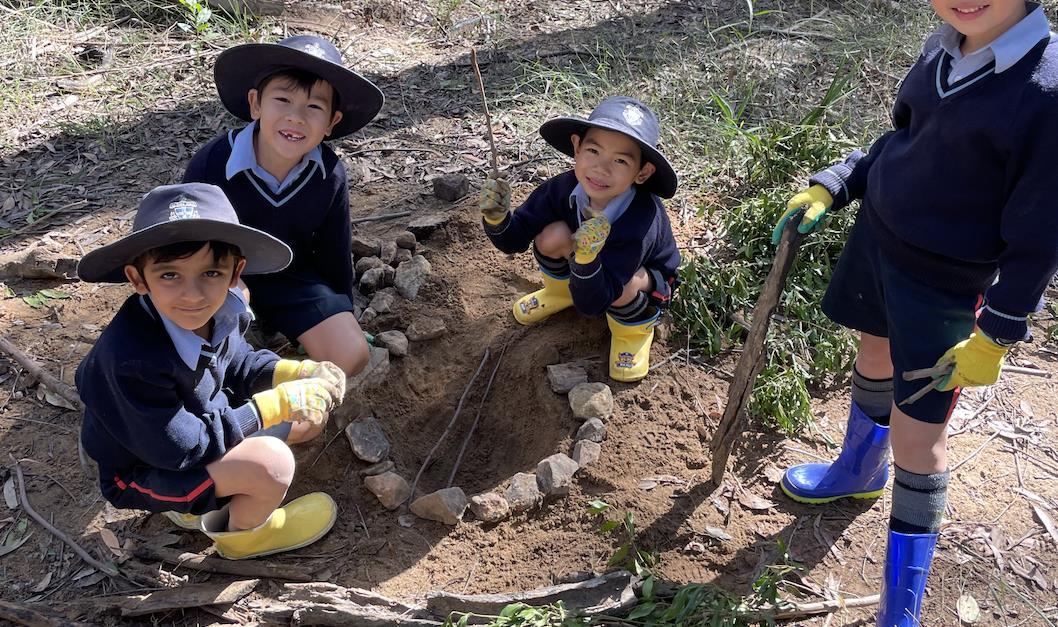
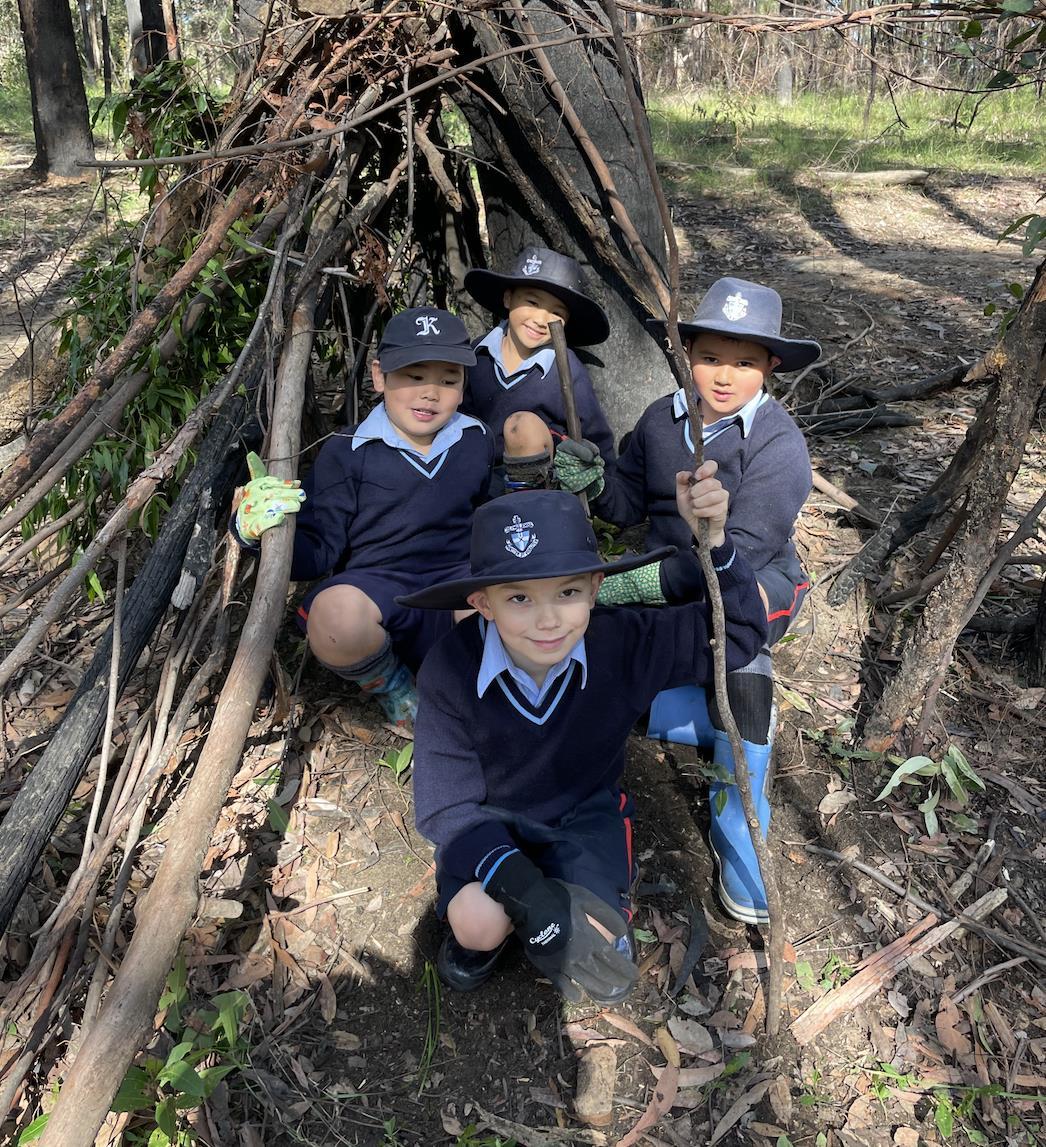
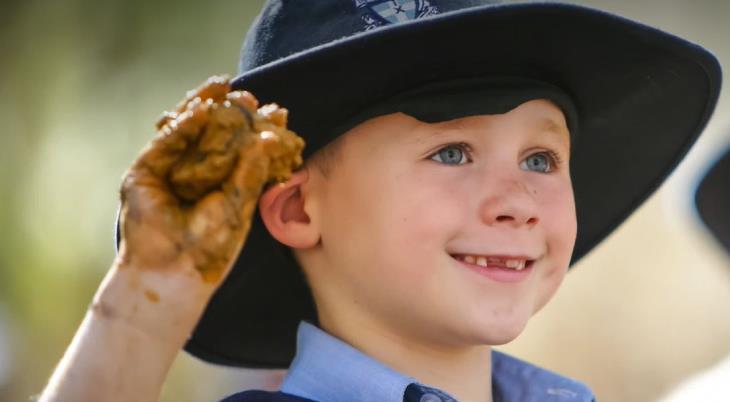

Transdisciplinary Approach – Year 1
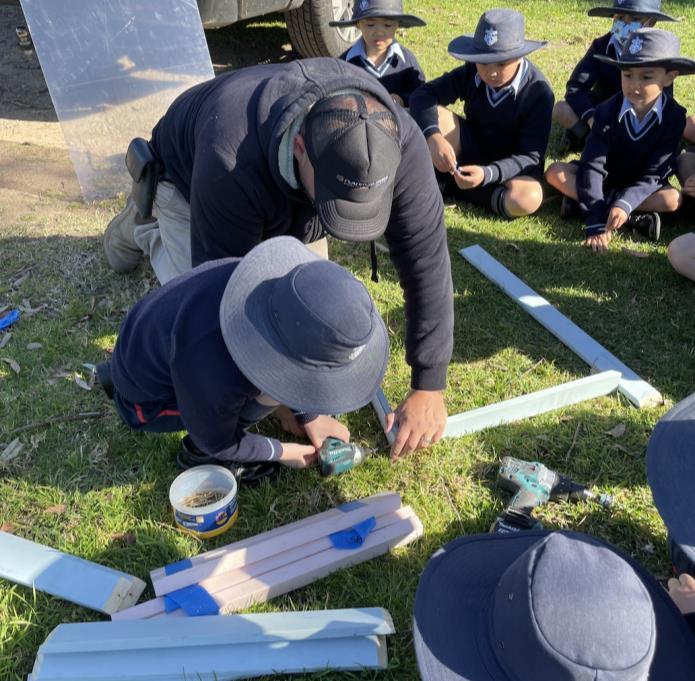
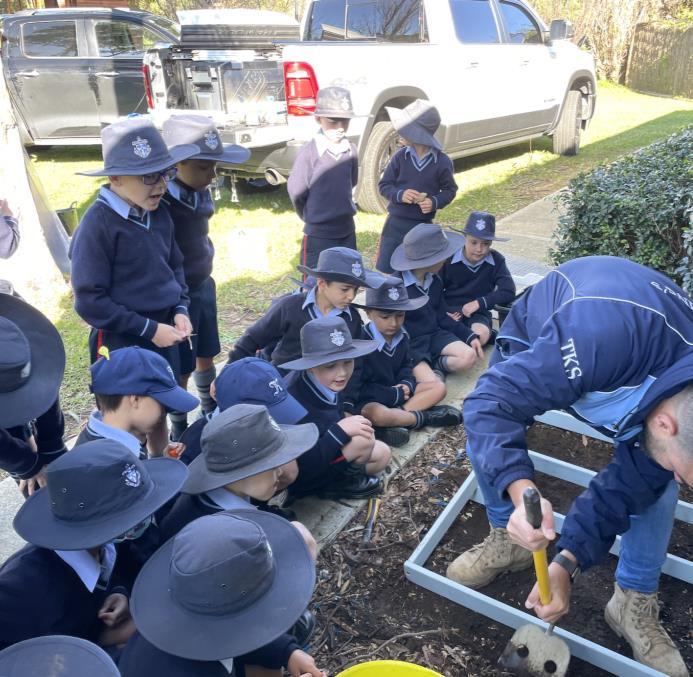
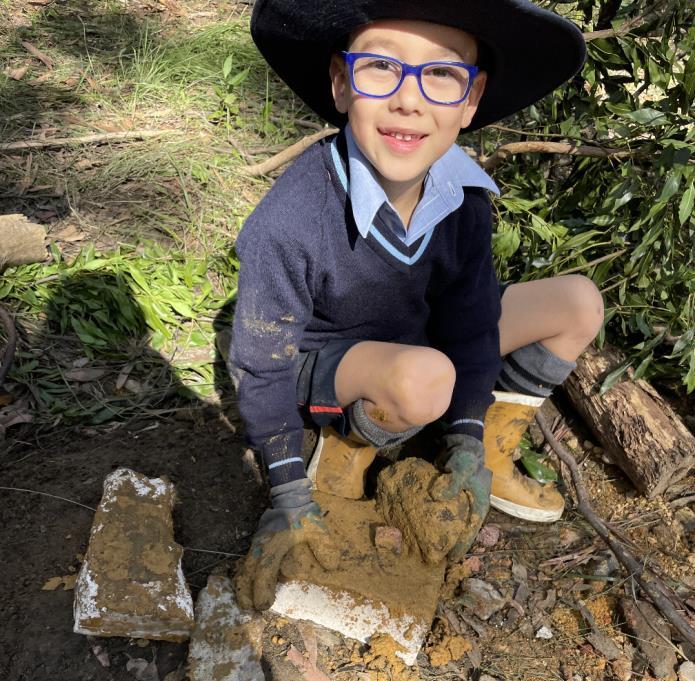

Outdoor Education Camps Program
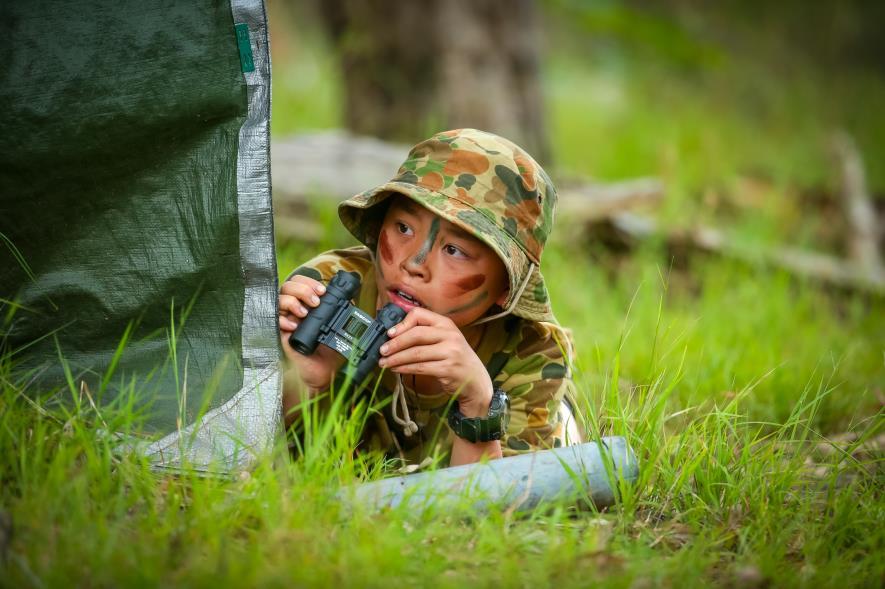
“Man cannot discover new oceans unless he has the courage to lose sight of the shore.”

French writer Andre Gide
• Year 2 – Dads and Lads at King’s
• Year 3 – Blue Mountains National Park
• Year 4 - Royal National Park
• Year 5 – Residential Program at King’s
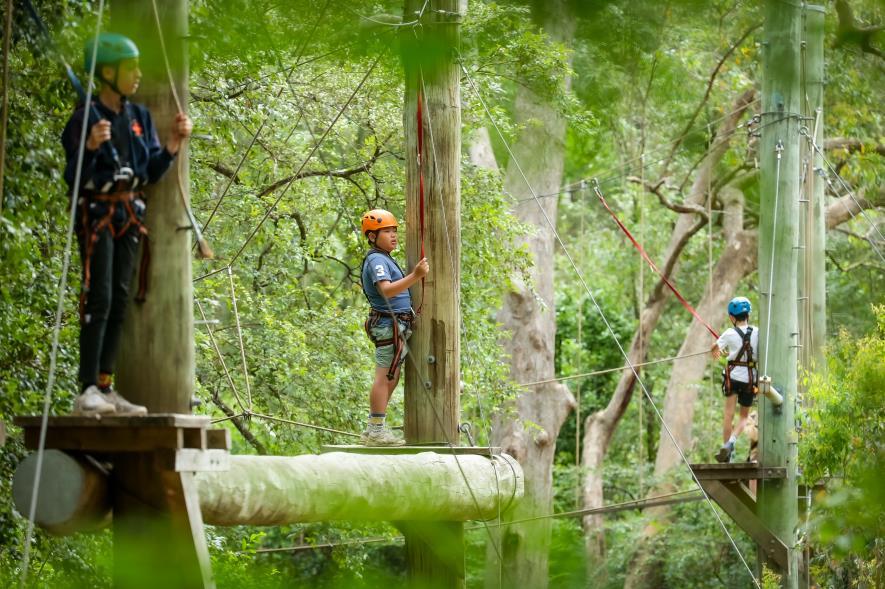
• Year 6 – Lake Macquarie & Colo River


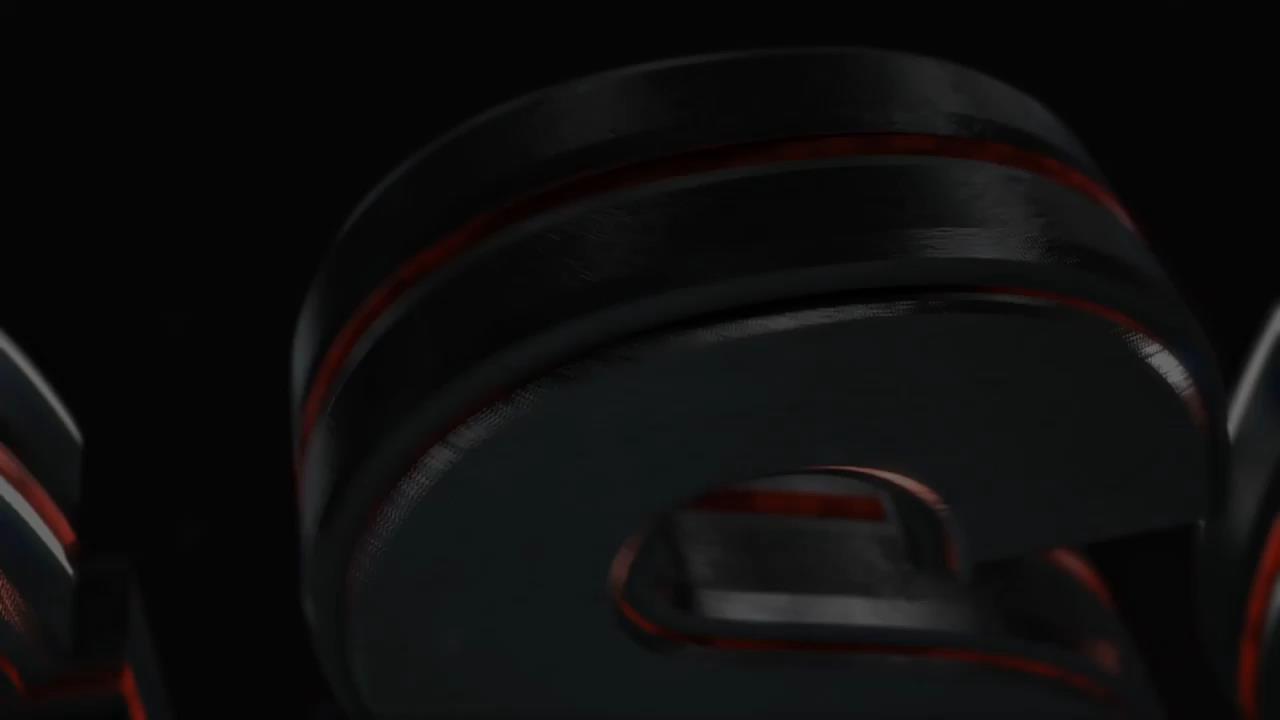
Character Education in Outdoor Education
• Ancient Greeks – 4 cardinal virtues – prudence, justice, fortitude, temperance
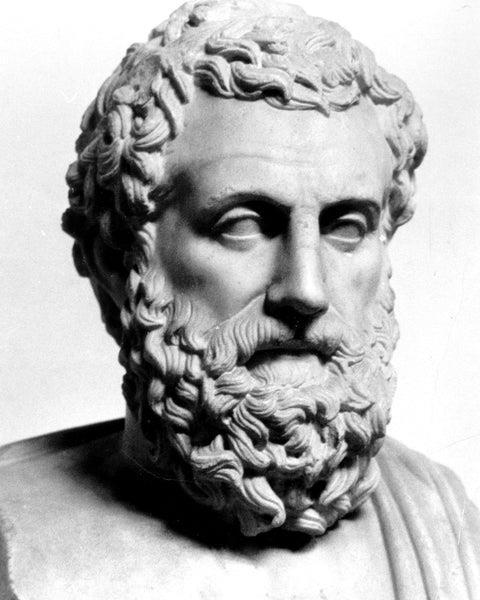
• David Isaacs (1974) – 24 character virtues developmentally grouped

• Thomas Lickona (1999) – 12 strategies for character development in schools

• Peterson & Seligman (2004) – VIA - Character Strengths and Virtues
• ACARA (2017) – 4 dimensions of Outdoor Learning
• Gray & Piggott (2018) – Facilitation Model for Outdoor Education Aristotle
Your turn –Character Traits in Outdoor Ed
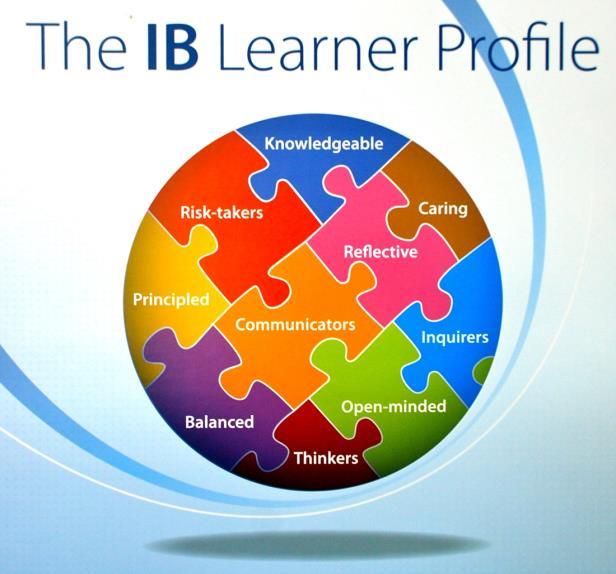
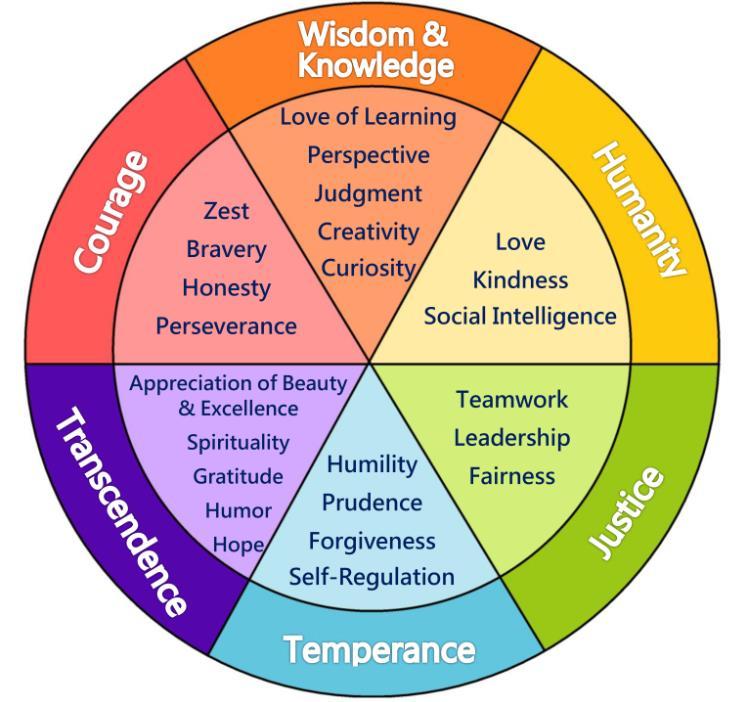
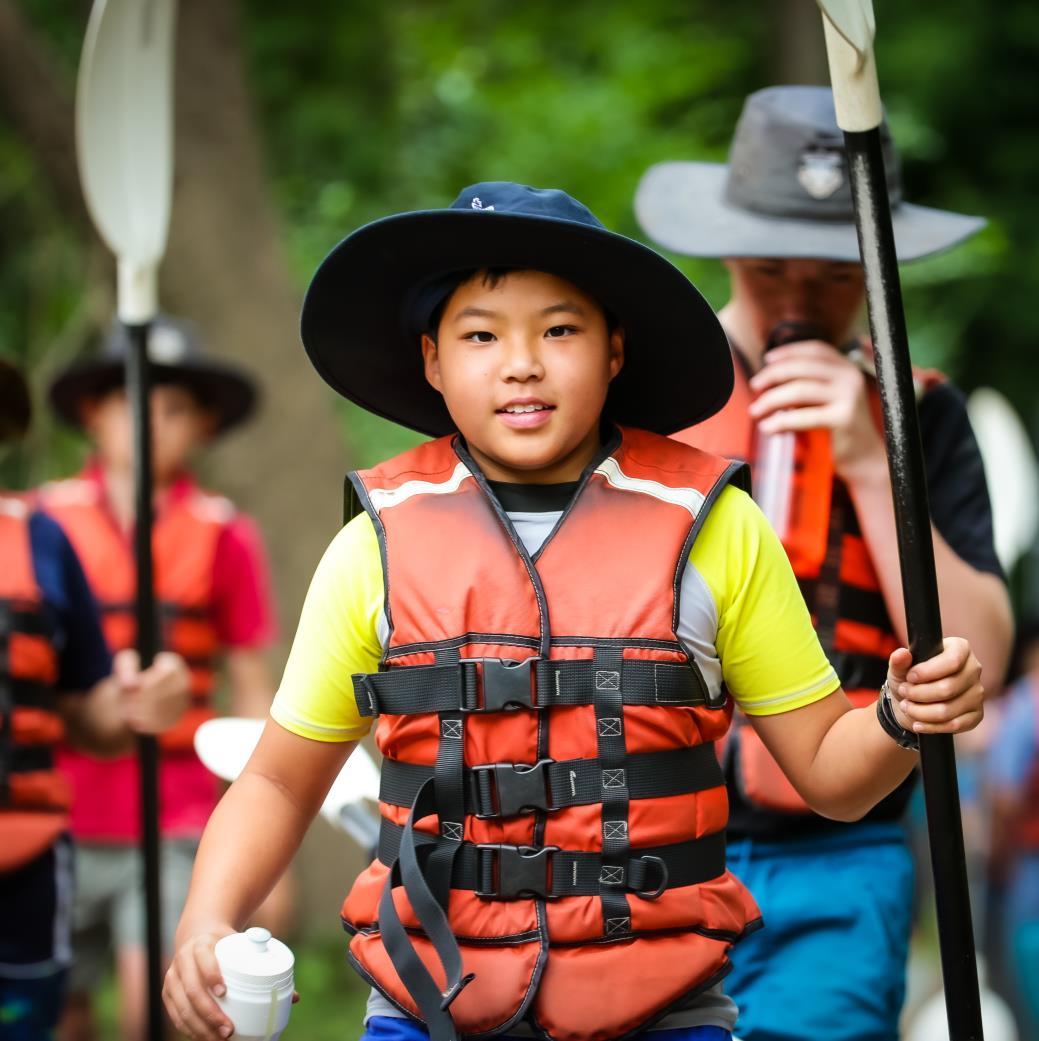

Outdoor Education Survey

Tick areas where you believe the Outdoor Education Program may assist you:

Outdoor Ed Survey –Personal Growth
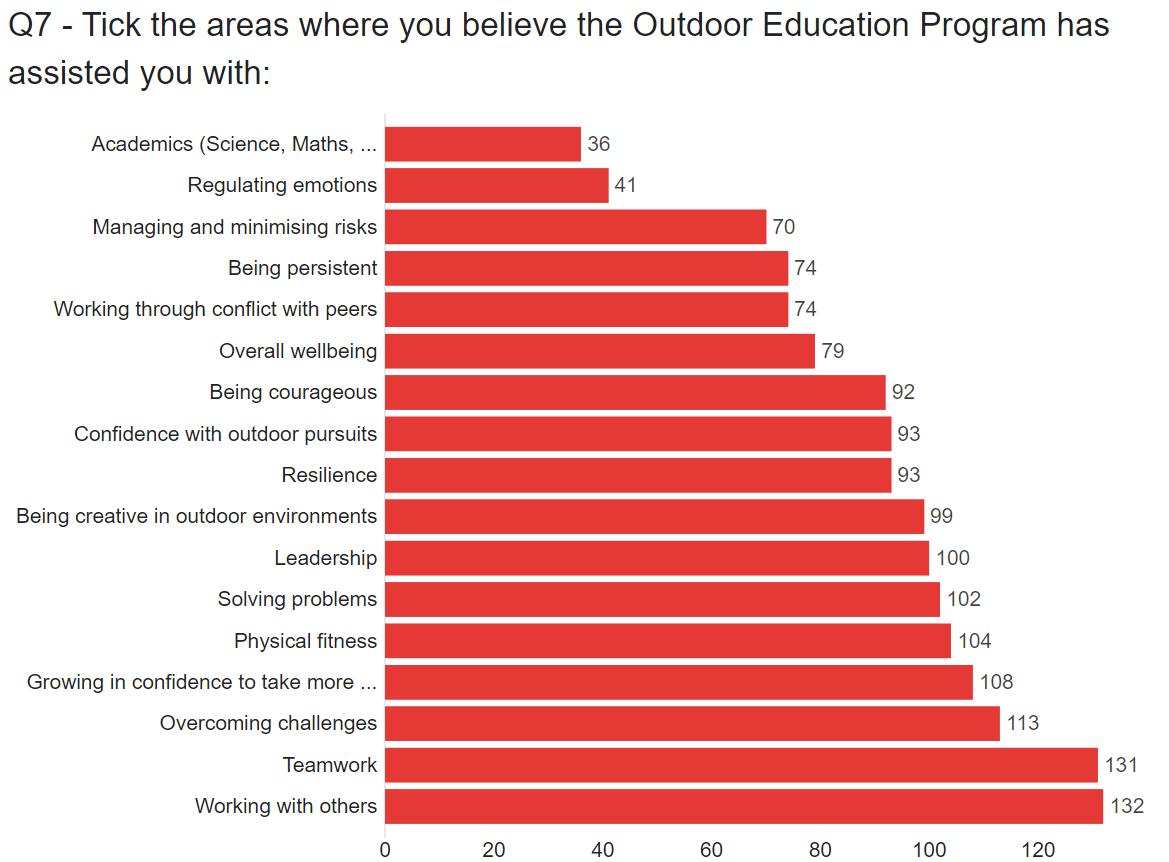

Outdoor Ed Survey – School Values
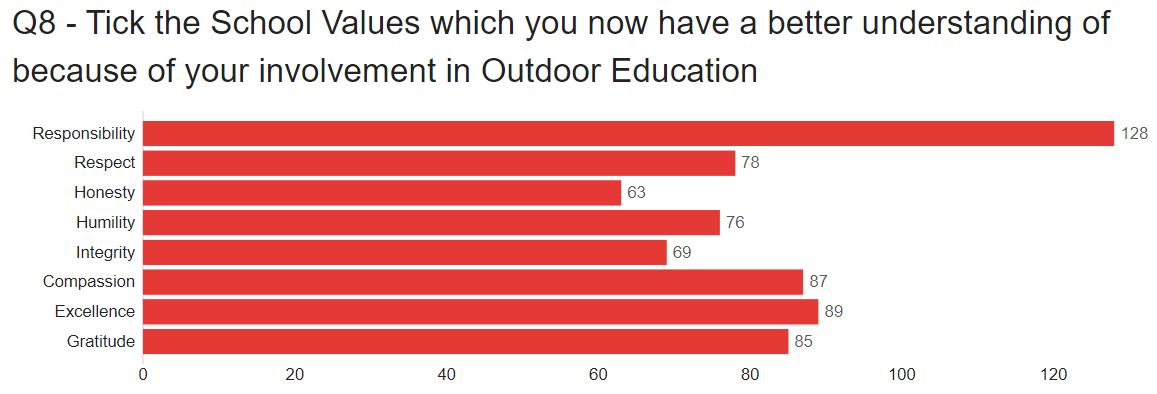

Outdoor Ed Survey – Growth in Skills
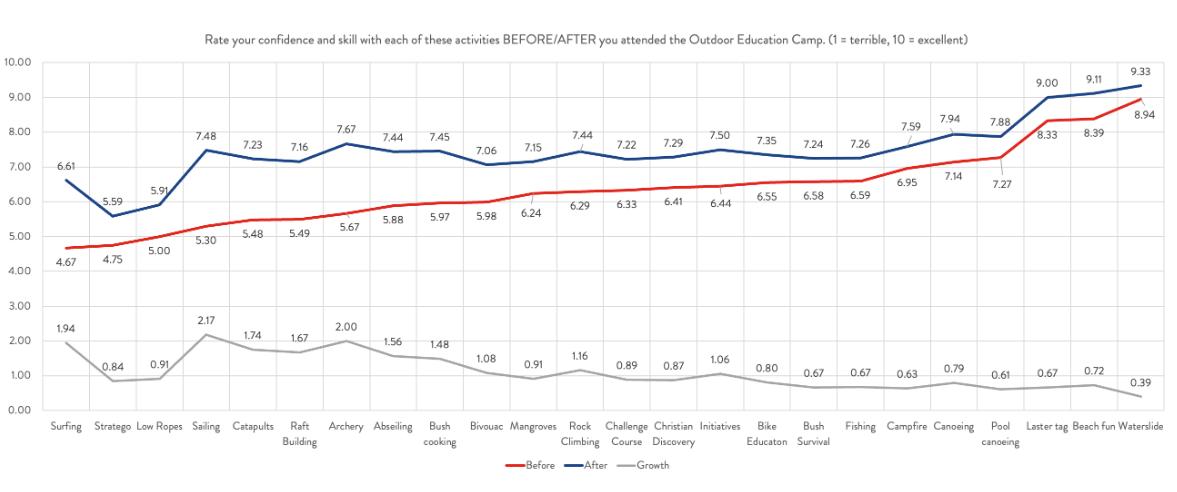

List 3 ways Outdoor Ed has impacted your character?
Year 3
Enjoymentof outdoors
Teamwork
Bush survival understanding
Risk taking
Courage
Knowledge of nature
Confidence
Year 4
Risk taking
Teamwork
Confidence
Fitness
Bush survival understanding
Leadership
Courage
Year 6
Risk taking

Teamwork
Confidence
Caring for others
Fitness
Friendships
Integrity
How has Outdoor Ed been most valuable for you this year?
Year 3
New skills
Being in nature
Time with friends
Fun
Bush walks
Confidence
Resilience
History
Year 4
Risk taking
Fun

Buildingshelter
New skills
Canoeing
Humility
Time with friends
Challenging
Year 6
Friends
Fitness
Improvement in bike skills
New skills
Risk taking
Camping skills
Confidence
Discipline
What activities and experiences did you enjoy the most?
Year 3
Mountain bikes
Bush walks
Camp fires
Bush cooking
Abseiling Catapults
Sports Food on camp
Year 4
Buildingshelters
Canoeing
Mountain bikes
Fire making
Fishing
Obstacle course
Bush walking Camp
Year 6
Canoeing
Camp
Rock climbing
Cadet experience

Mountain biking
Bush walking
Camouflage challenge
Camp fire
How could we make Outdoor Ed even better?
Year 3
More bush survival activities
More camp fire activities
Increase the challenge
More teamwork initiativetasks
Longer time for activities
More history activities
Year 4
Can’t make it better
More challengingactivities
Choice of activities
More camp fire activities
More rock climbing
Regular fishing activity
Year 6
Increase new activities

Choice of activities
More than once a week
Low & high ropes at School
Longer time for activities
Horse riding

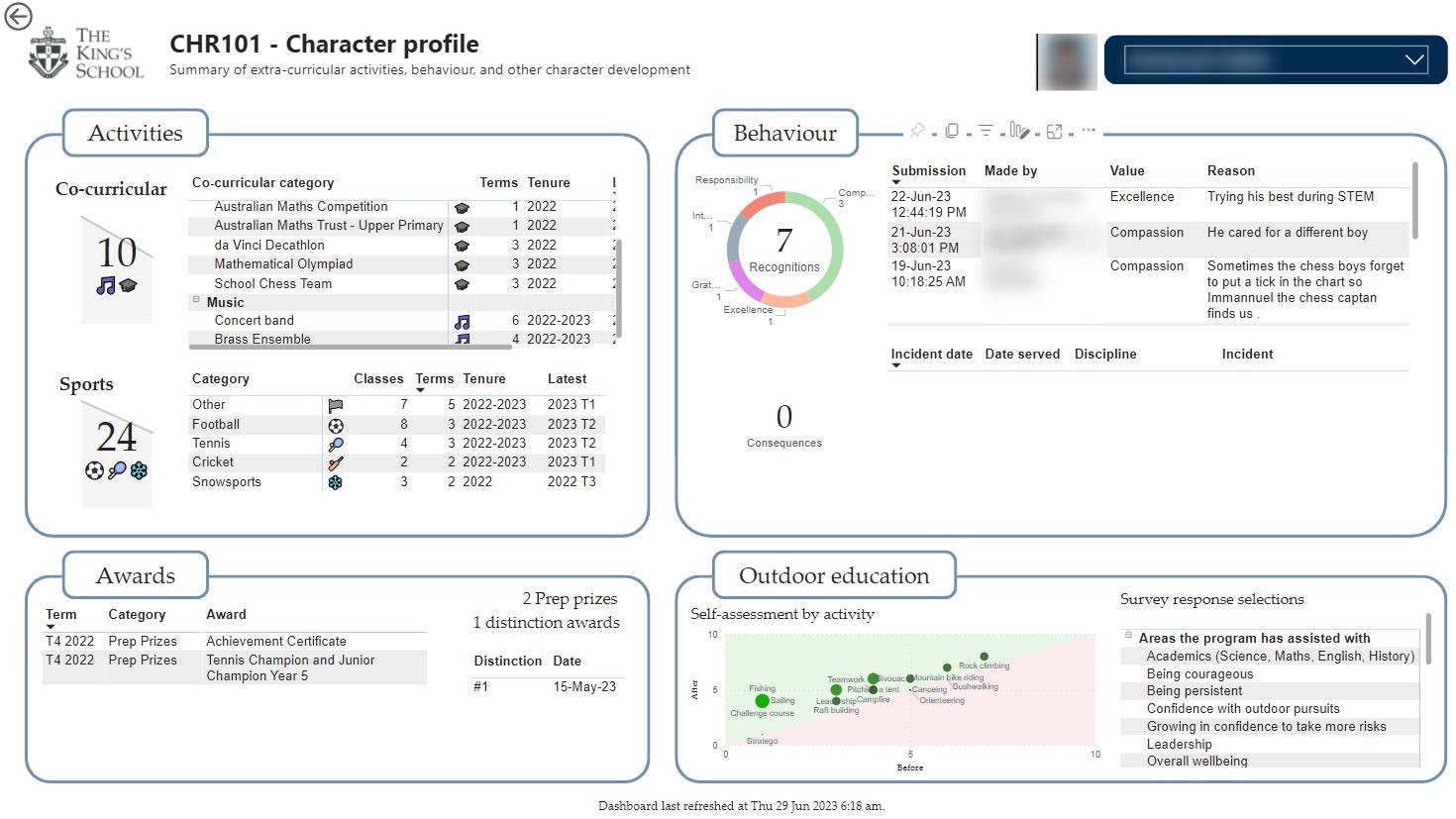

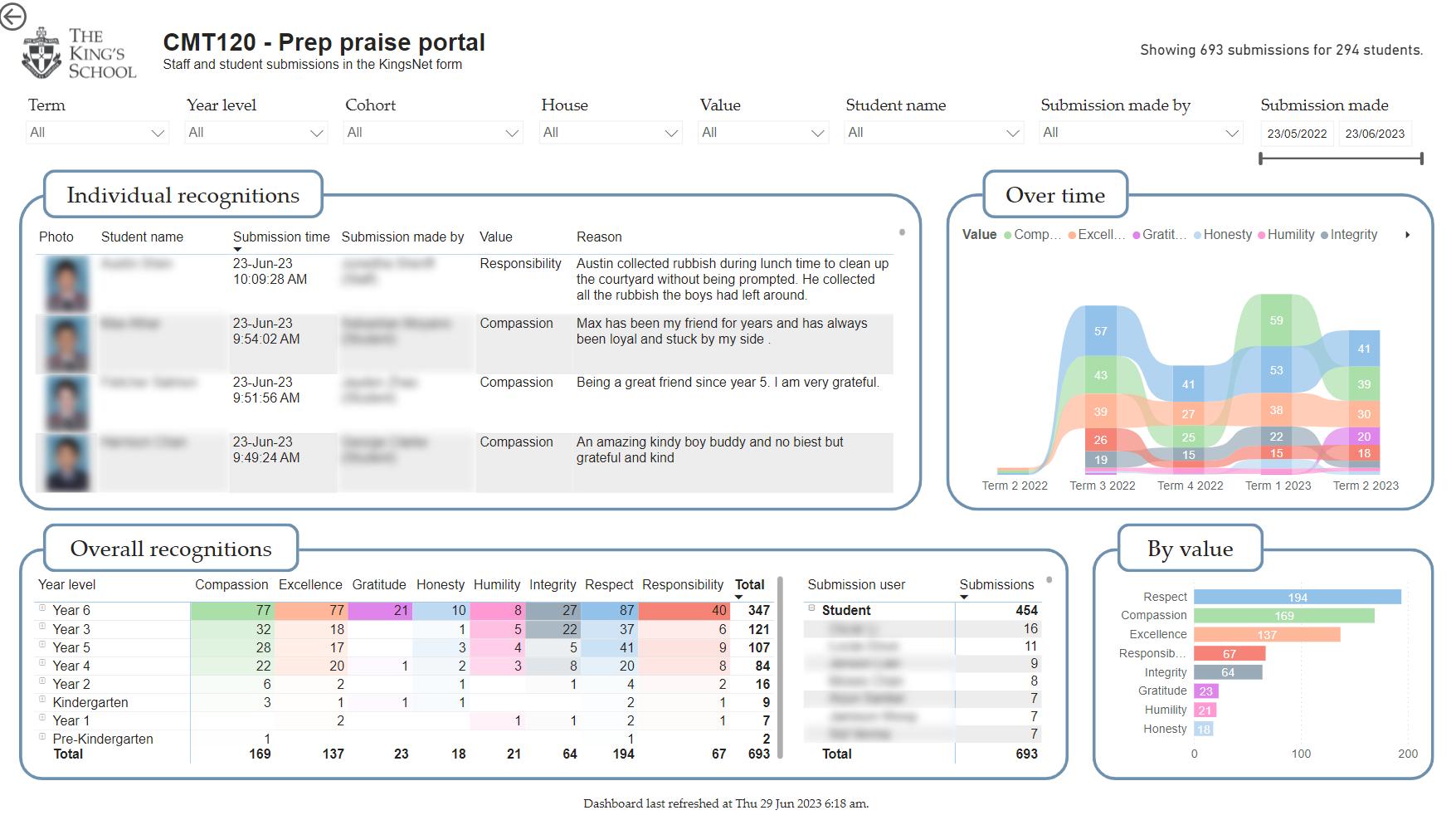
Nature journaling
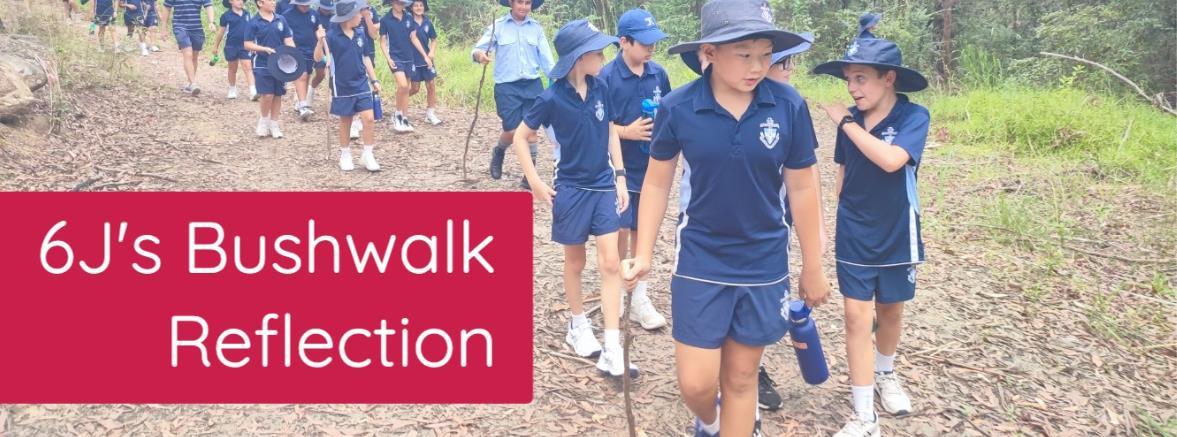
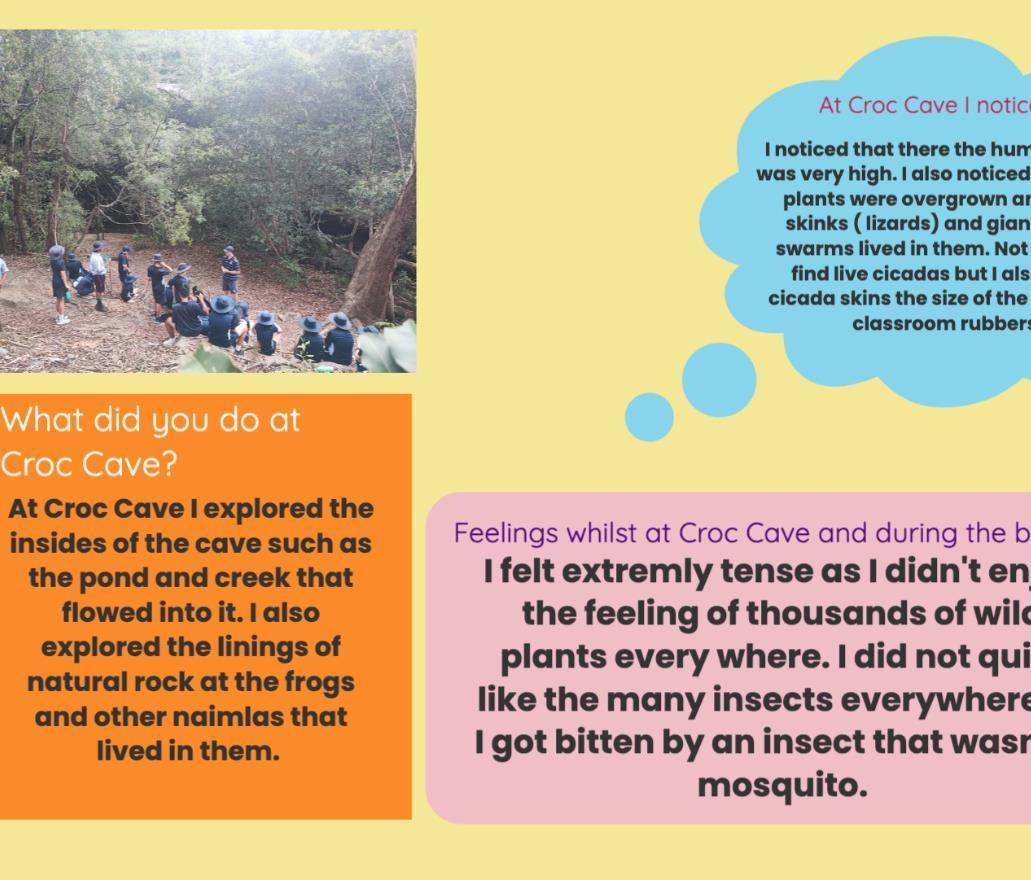
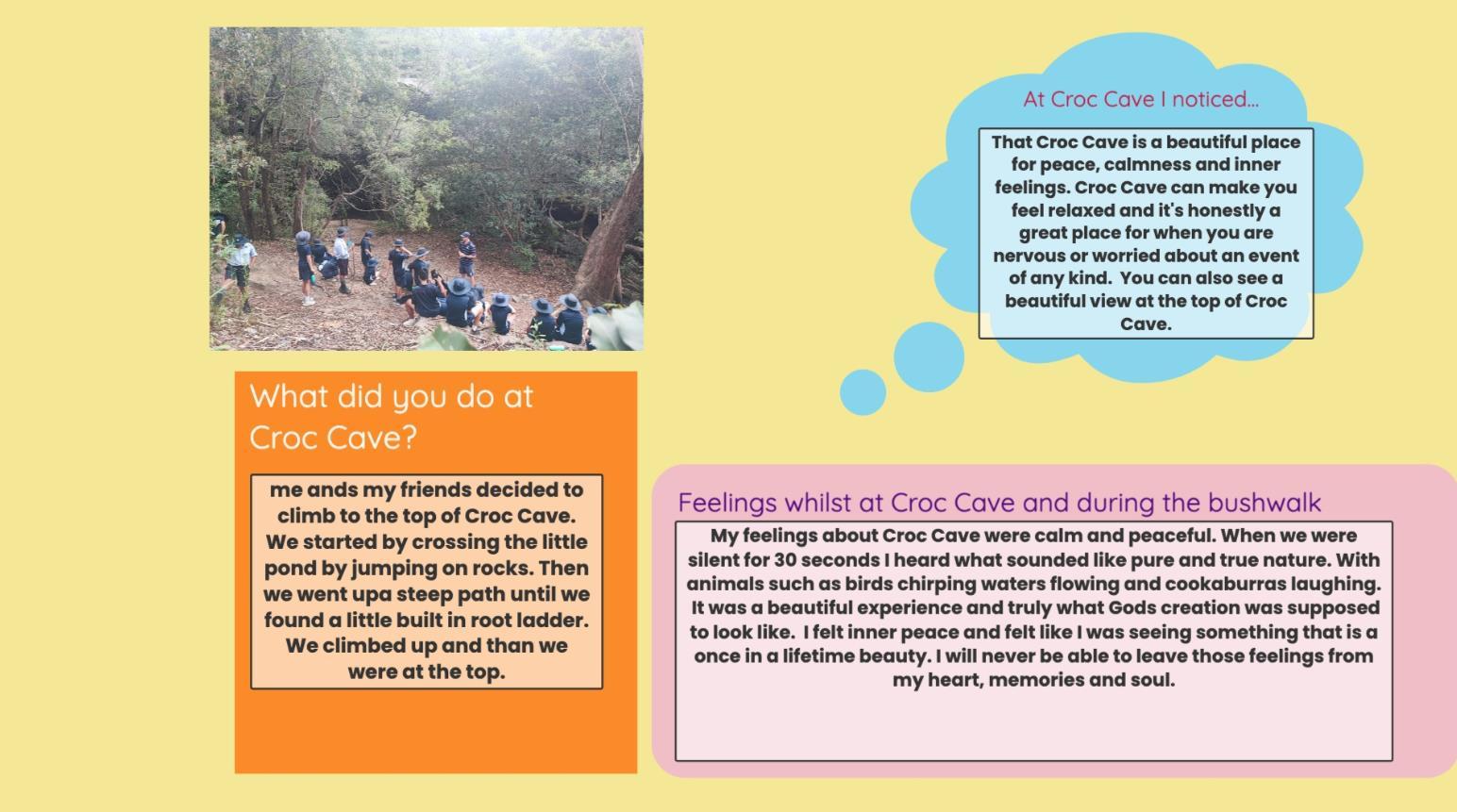


Reflective Journaling Year 3
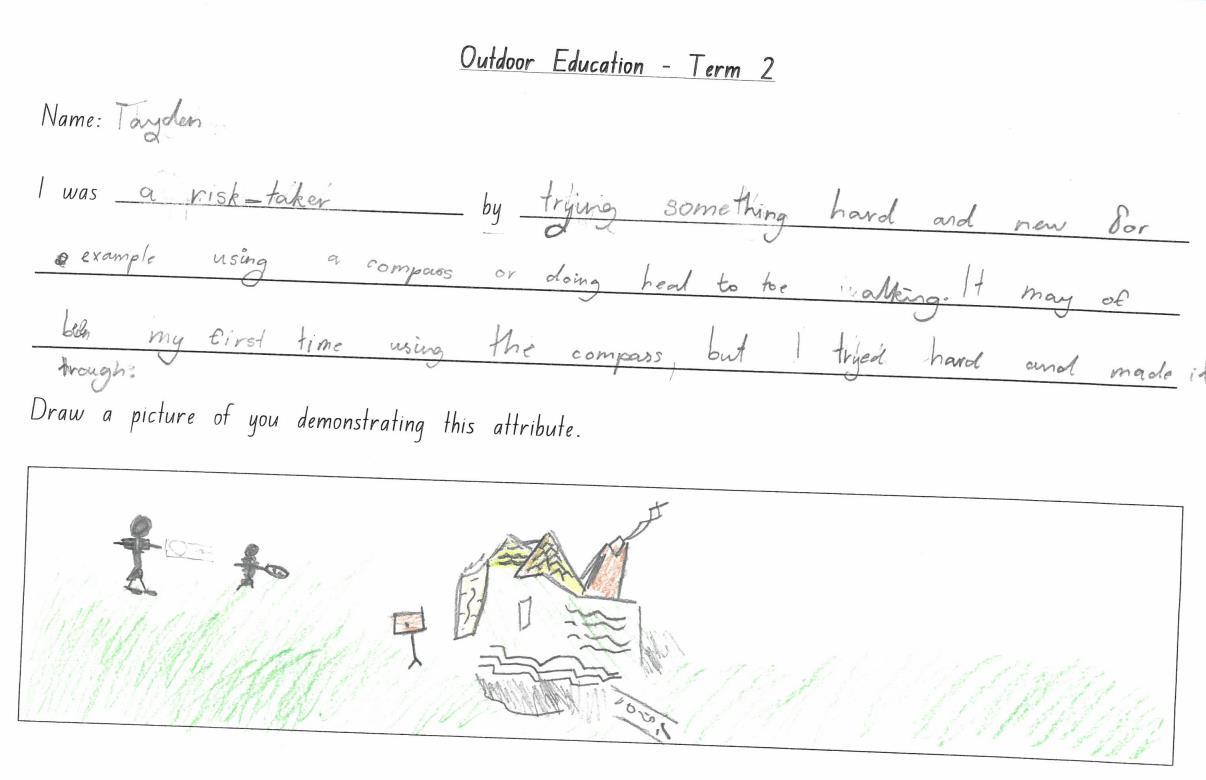


Reflective Journaling Year 3
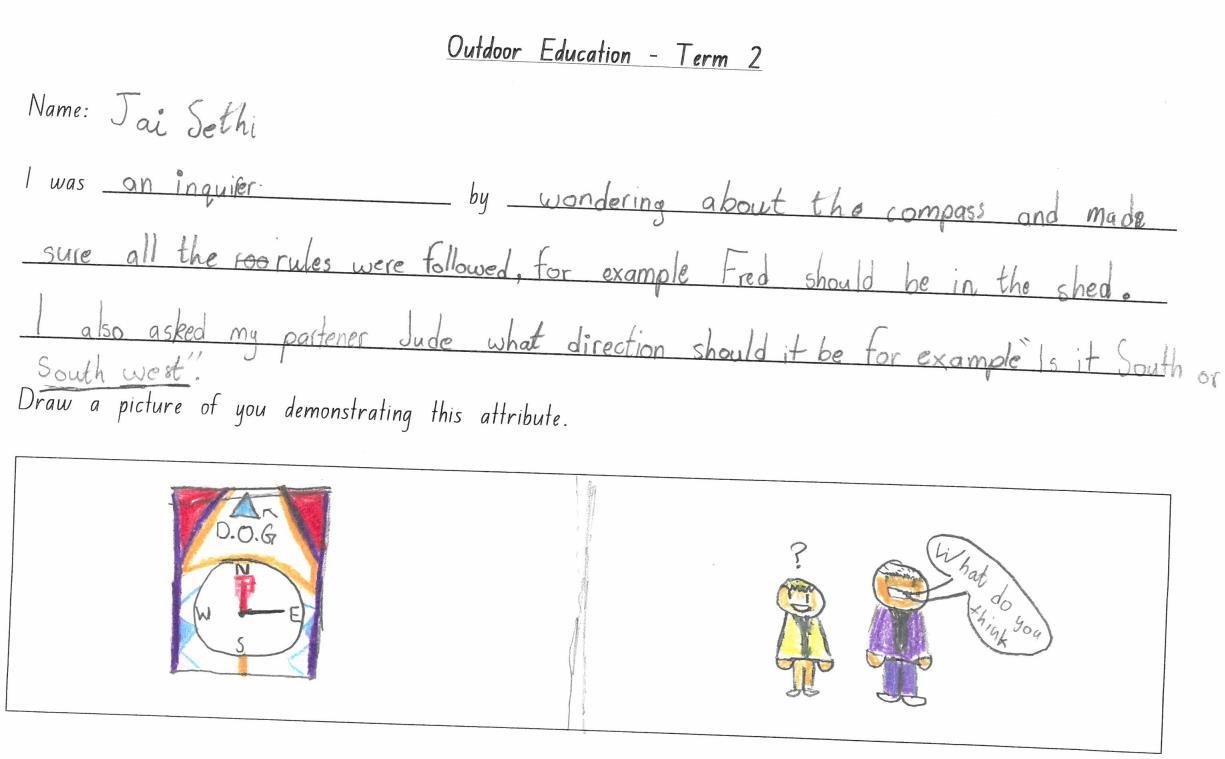


King’s Cadet Corps
• Oldest School Cadet Corp in Australia – over 150 years old


• Overseen by the Australian Army Cadets - covered by Comcare

• Compulsory from Year 8 to Year 10, Year 11 & 12
• Years 8 & 9 – structured baseline skills – roping, high ropes, abseiling, bush & fire safety, navigation
• Years 10 & 11 – specialisation and choice – Leadership Training, catering, communications, Pathfinder Platoon
• Term 3 – Leadership Training & assessment - certification in roping and Cert 2 SES Qualification
• Term 4 & Term 1 – training and preparation for Cadet Camp at end of T1
Cadet Camp
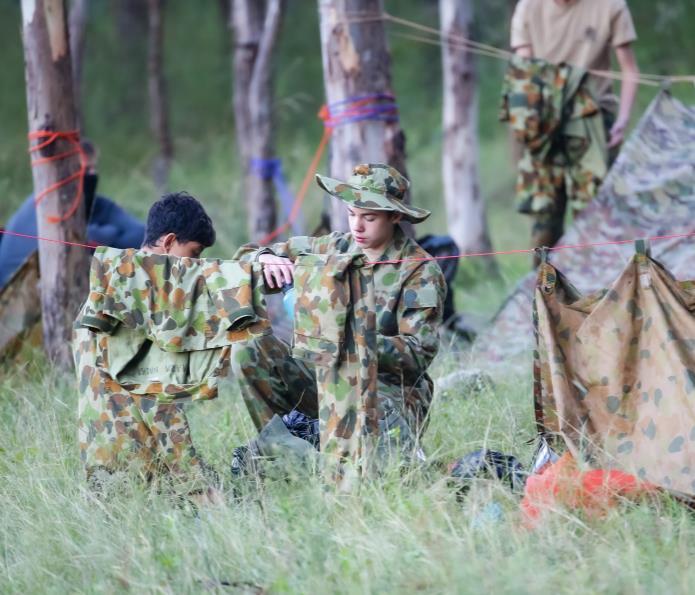
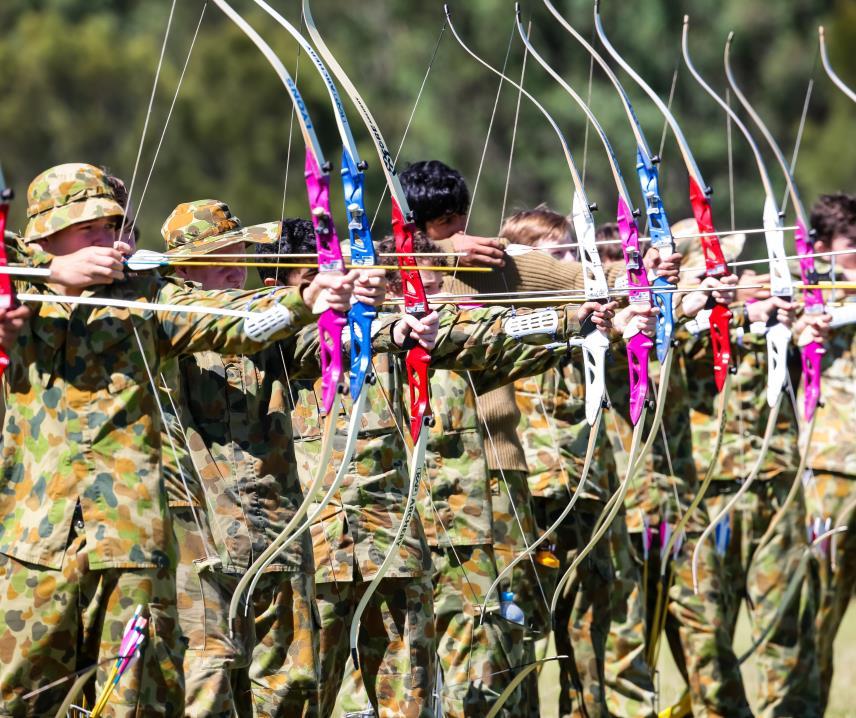
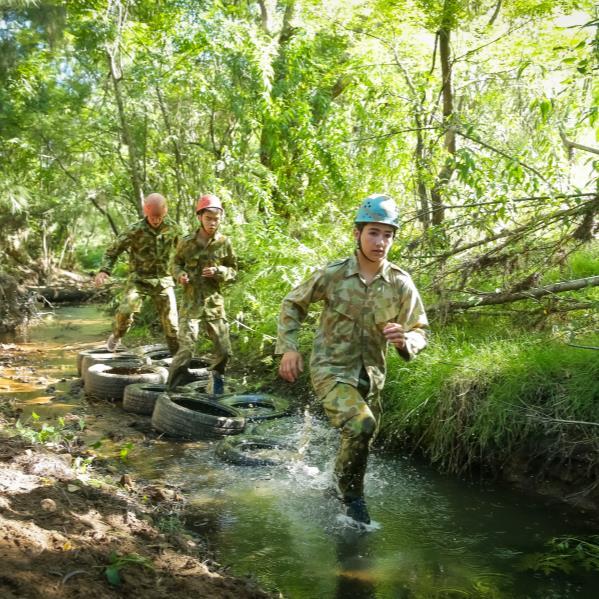
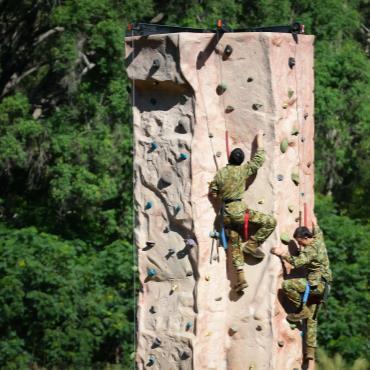
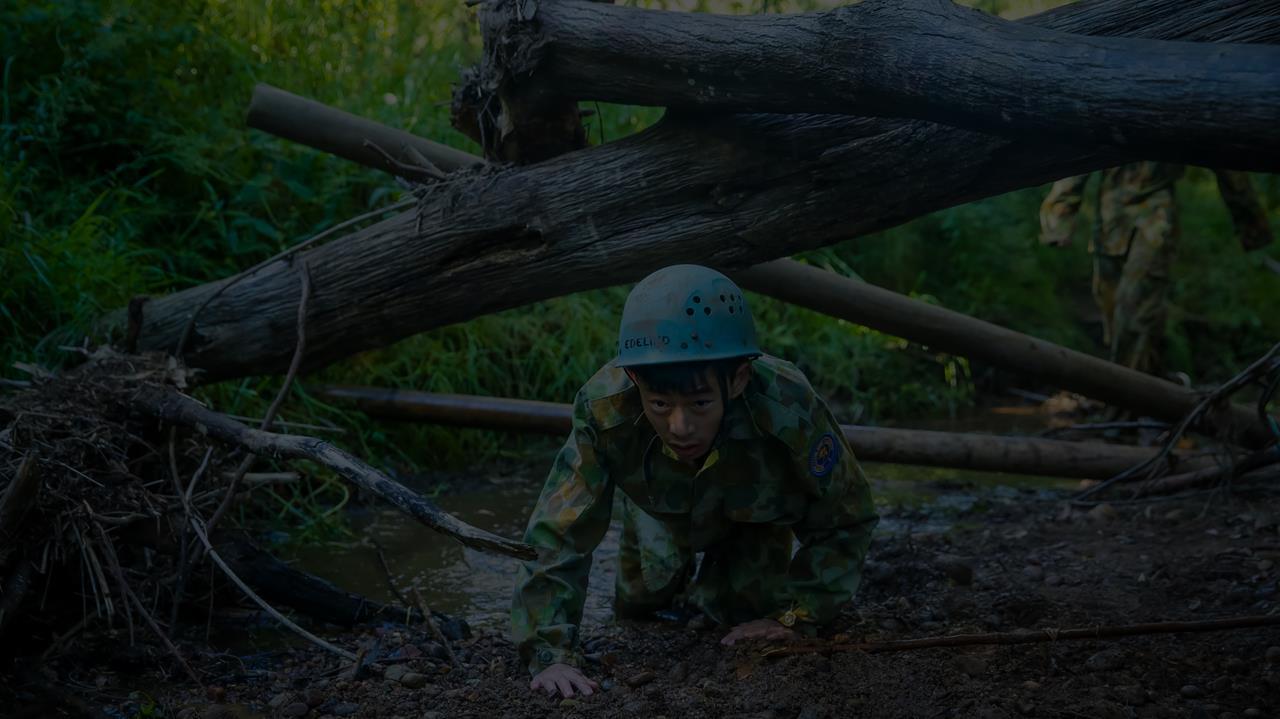



Schools and Centres in England and Scotland
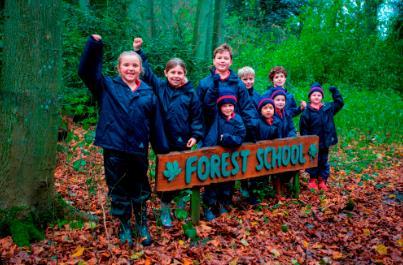

• Malvern College - Worcestershire
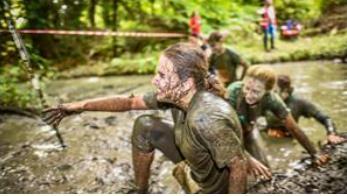
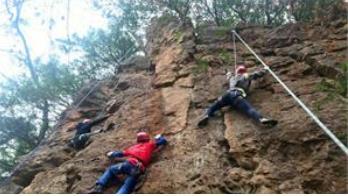
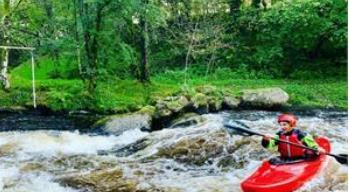
• Rendcomb College – Cirencestor
• Cheltenham Ladies College – Cheltenham
• Cothill House - Oxfordshire
Schools and Centres in England and Scotland
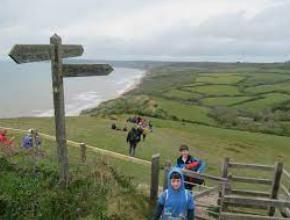
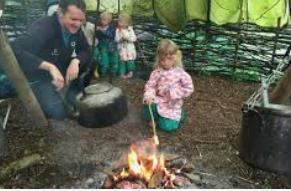

• Hazelgrove Preparatory School – Somerset
• All Hallows School - Somerset
• Bedales School – Hampshire
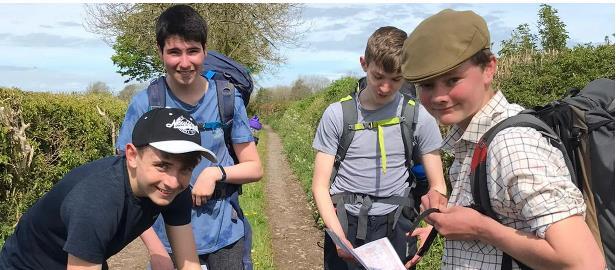
• Pinewood School – Wiltshire
• Elstree School - Berkshire
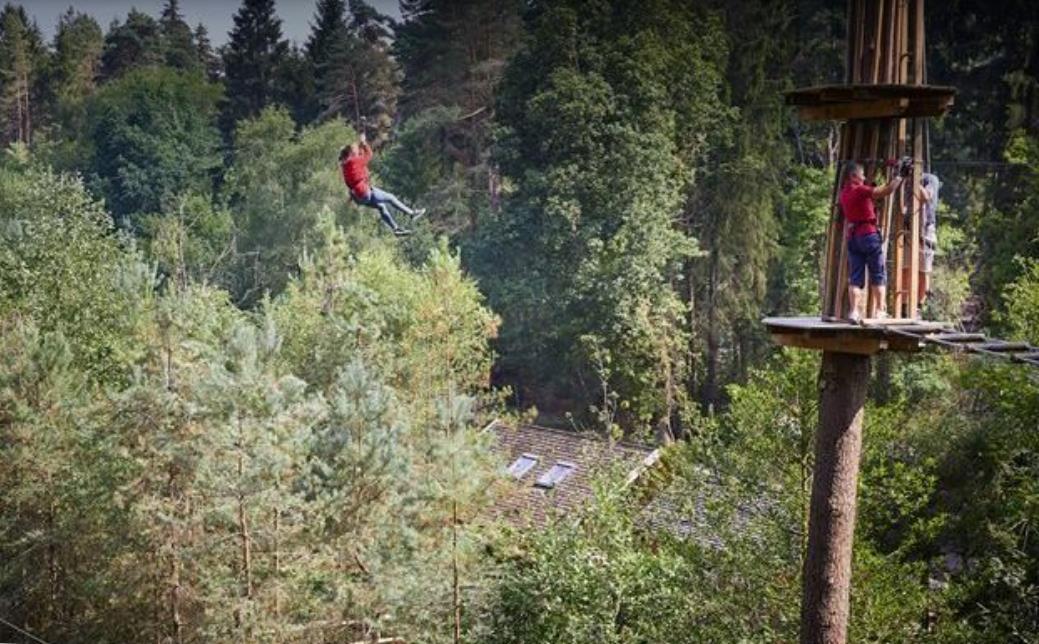
Schools and Centres in England and Scotland

• Go Ape Outdoor Education Centre – Forest of Dean
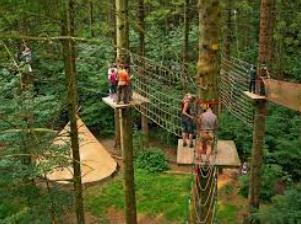
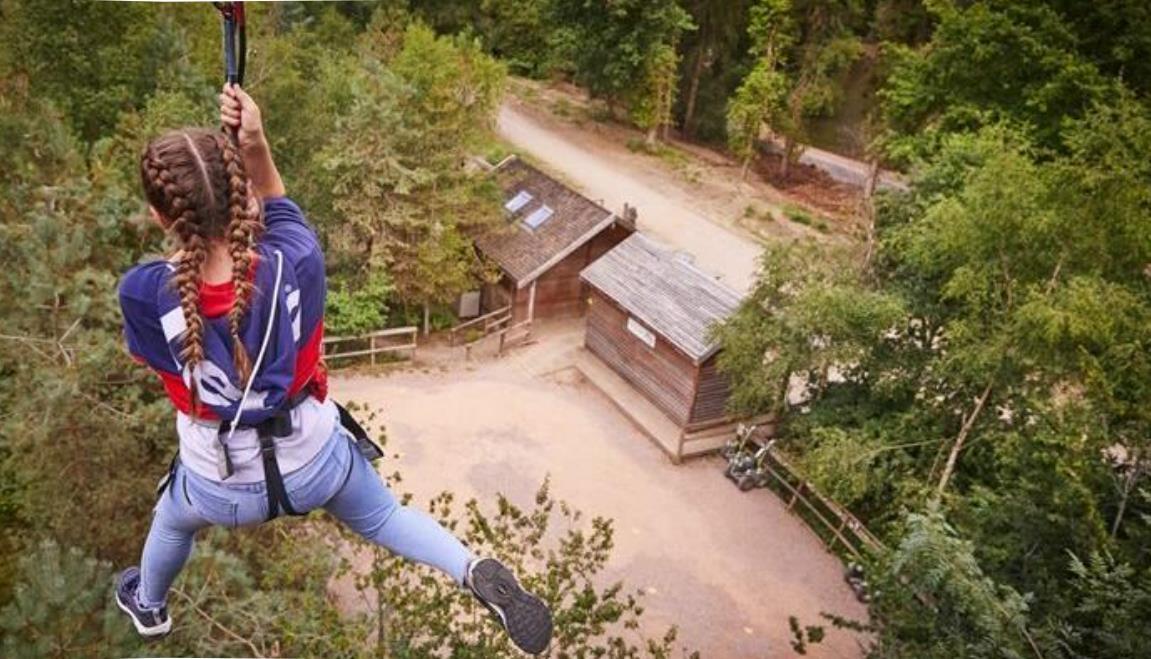
• Go Ape Outdoor Education Centre - Southampton
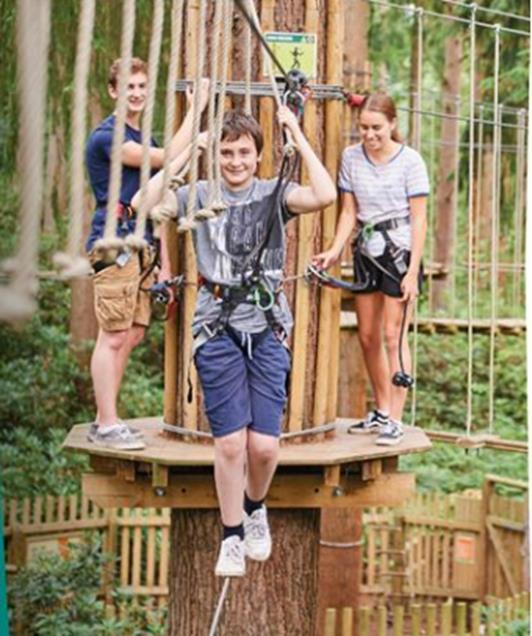
• Lathallan School – Inverbervie, Scotland
• Dounans Outdoor Education Centre – Aberfoyle, Scotland
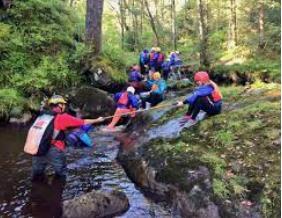
Bedales School 3-18 year olds
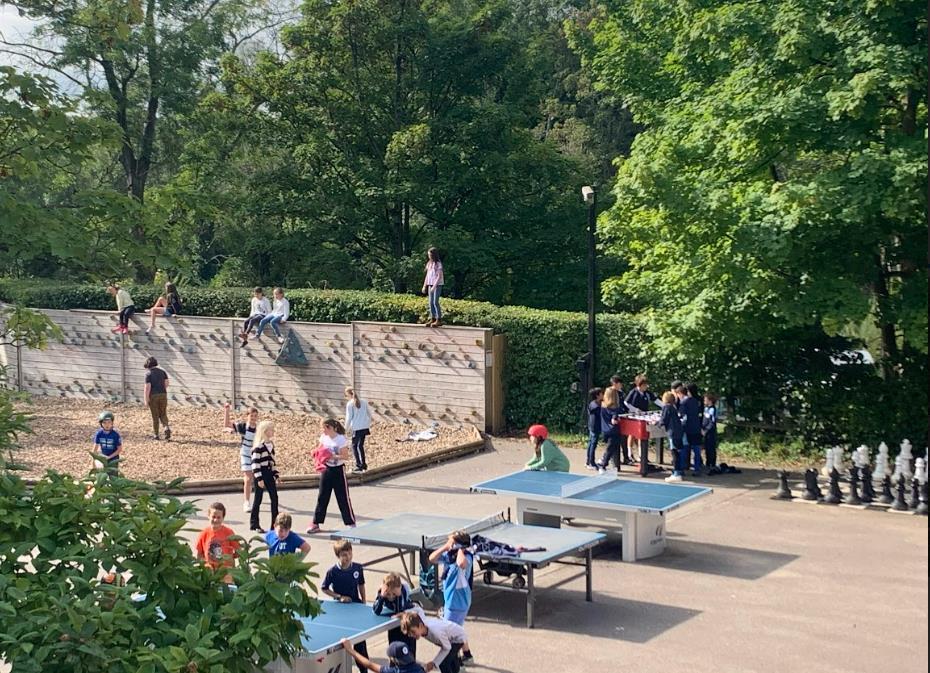
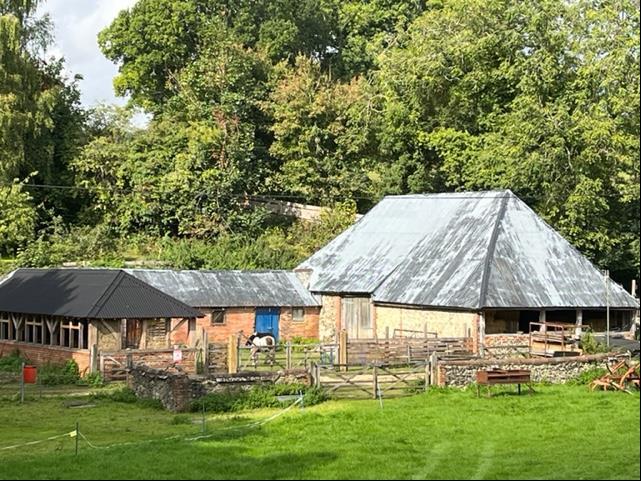


Bedales School
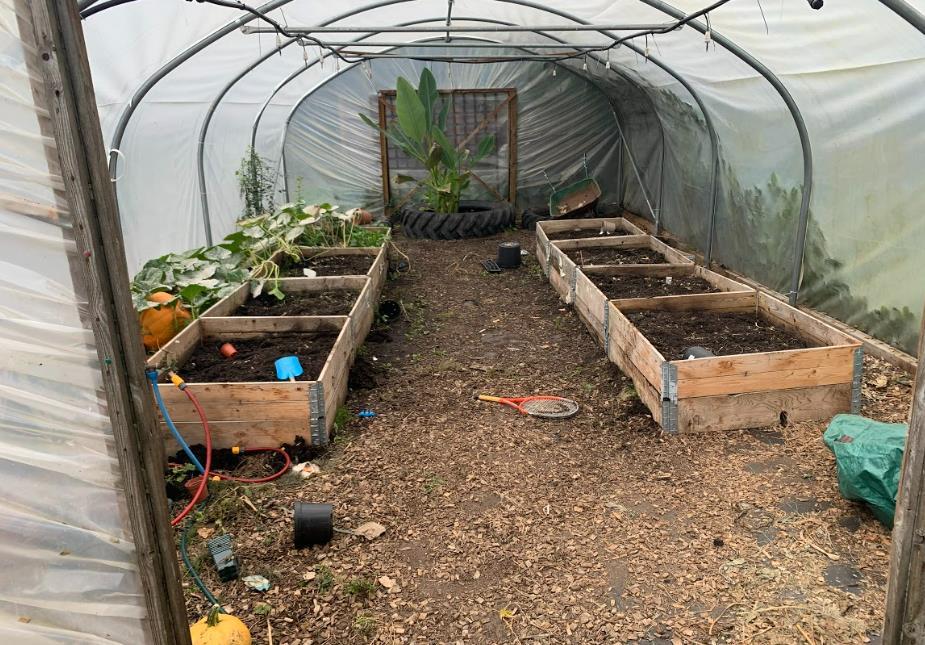
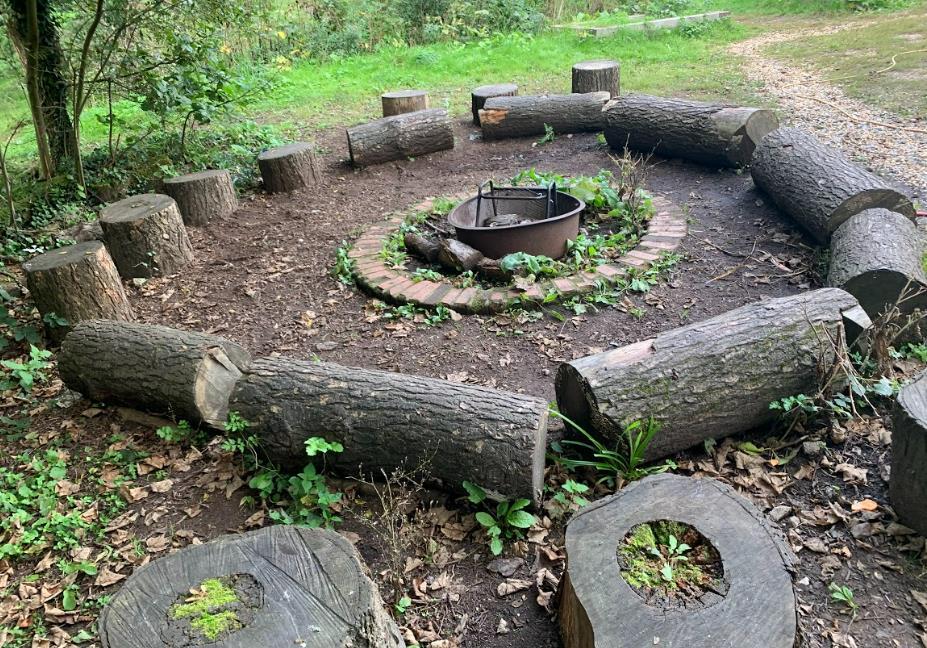


Bedales School
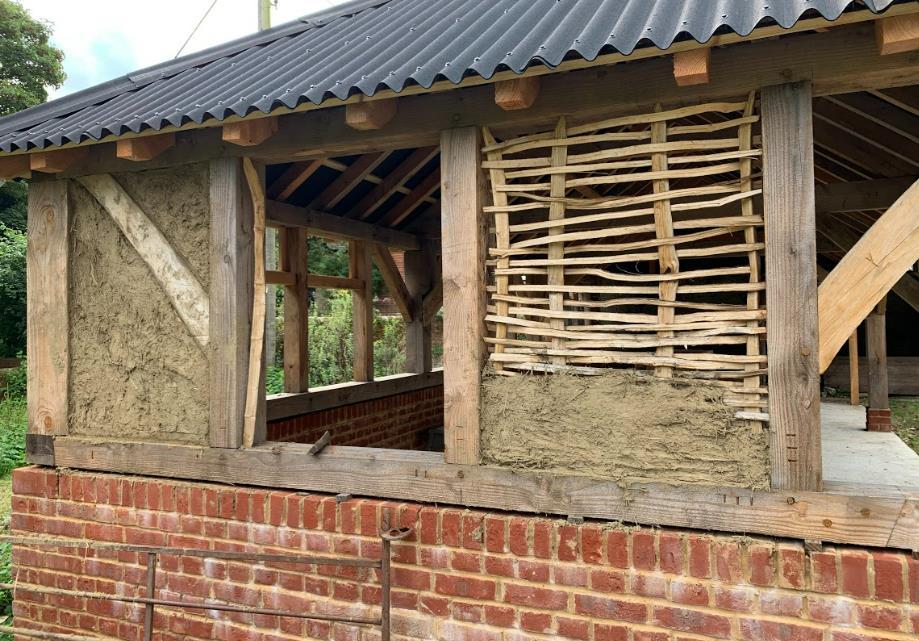
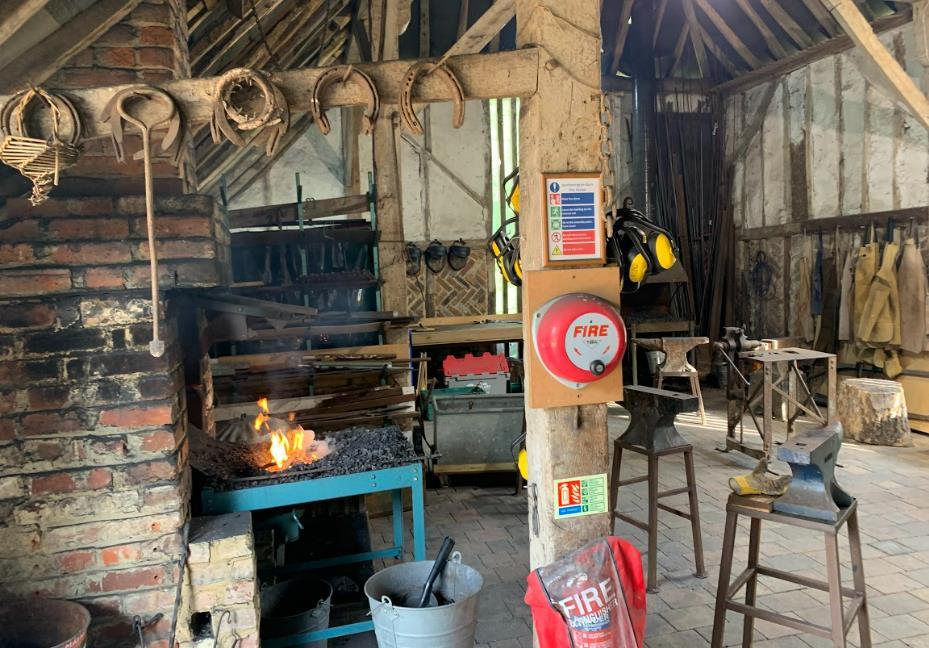


Bedales School
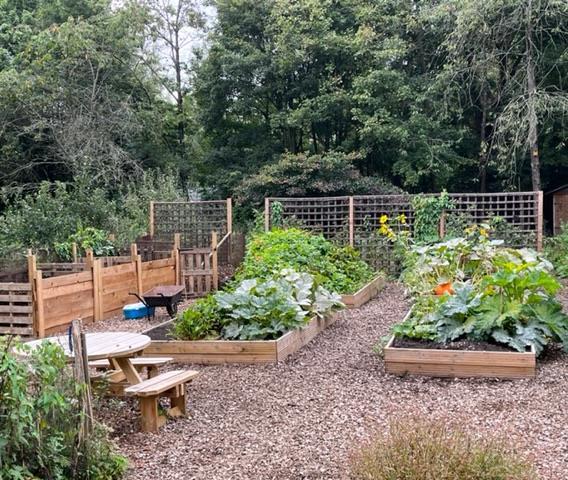
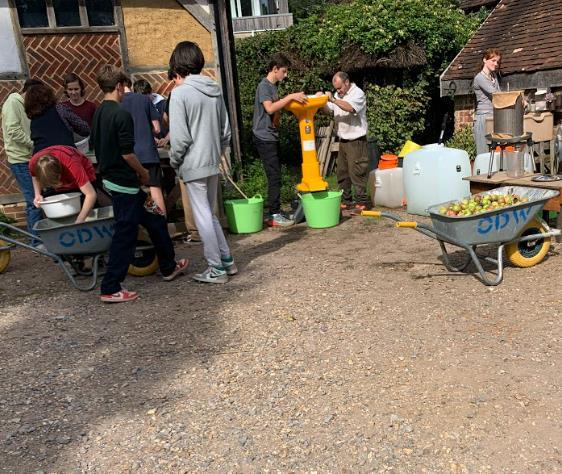
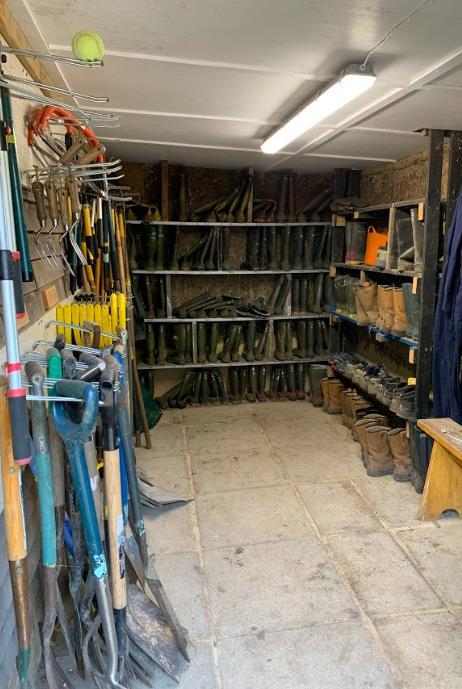

All Hallows Prep School – Coeducational 3-13 years day and boarding school
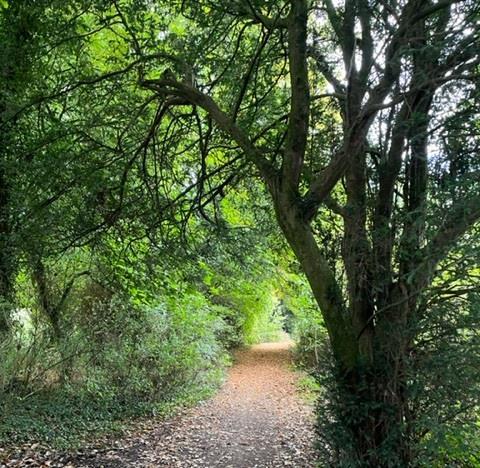


All Hallows Prep School
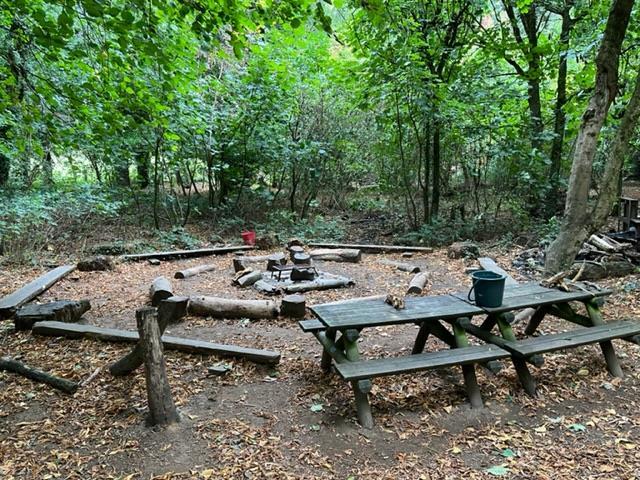
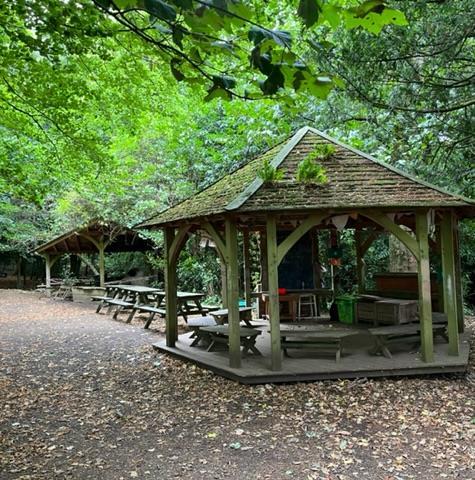
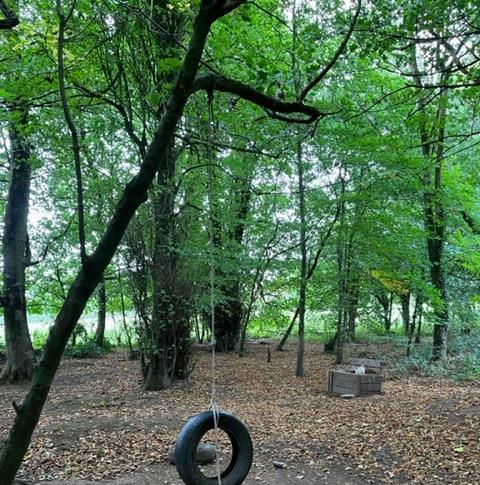
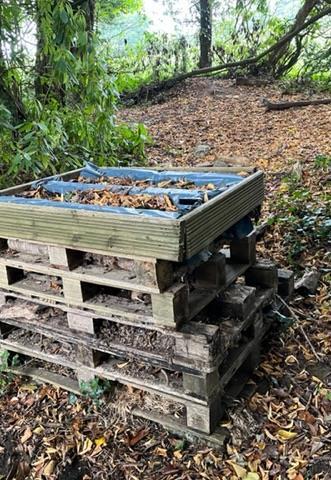

All Hallows Prep School
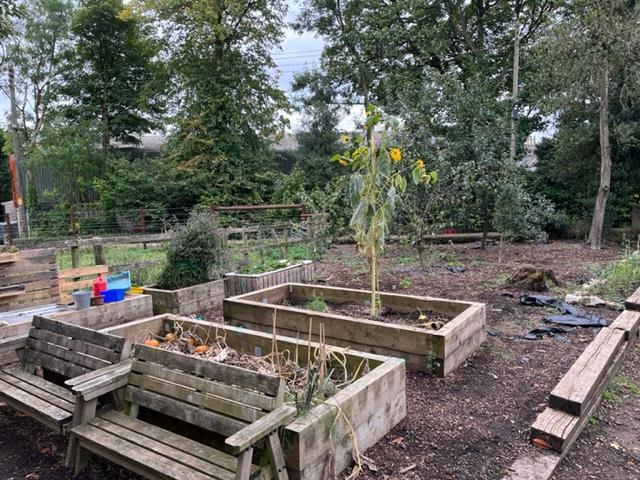
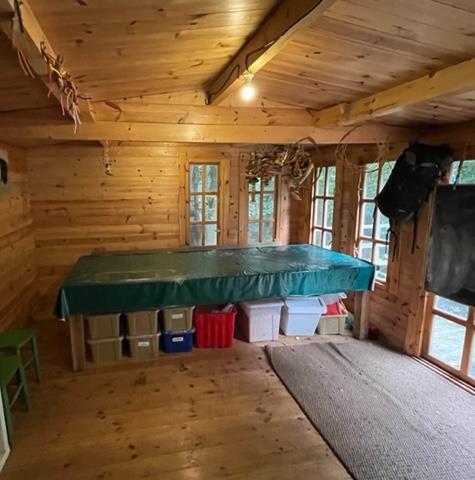
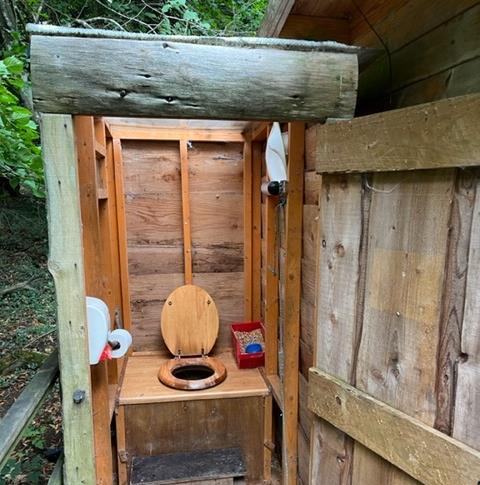
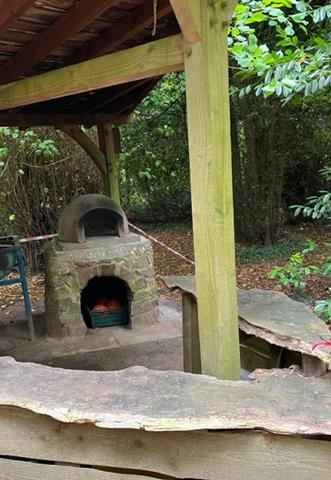

Lathallan School - Scotland
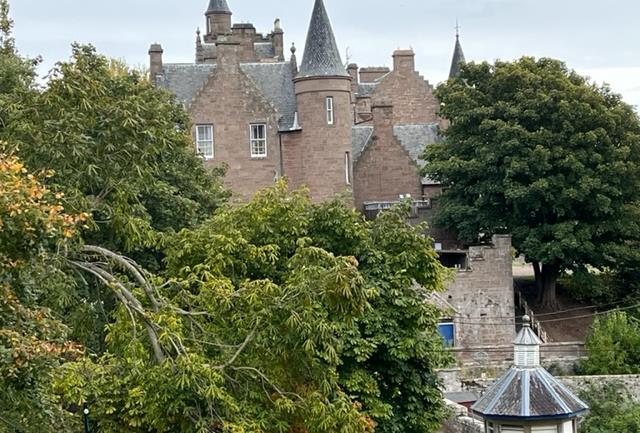
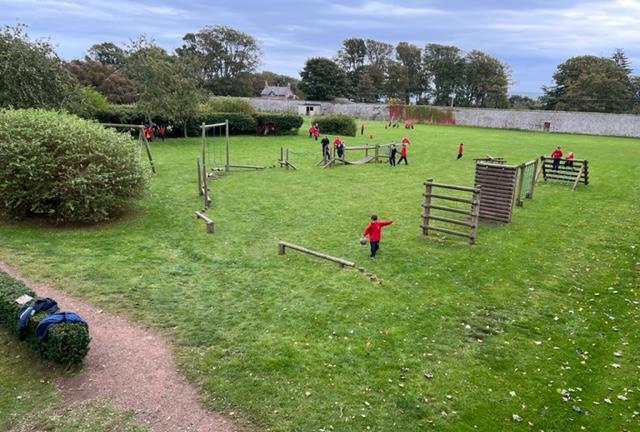

Lathallan School - Scotland
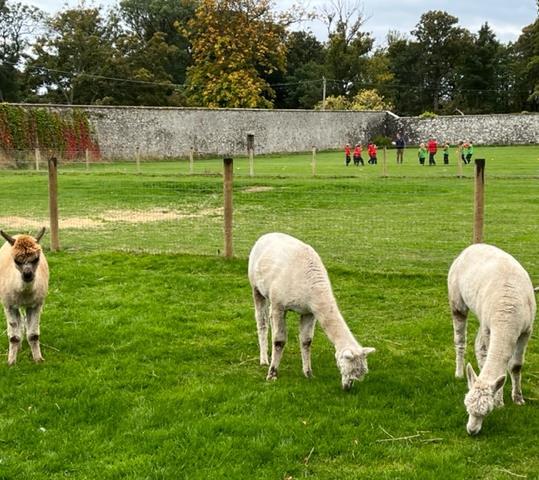
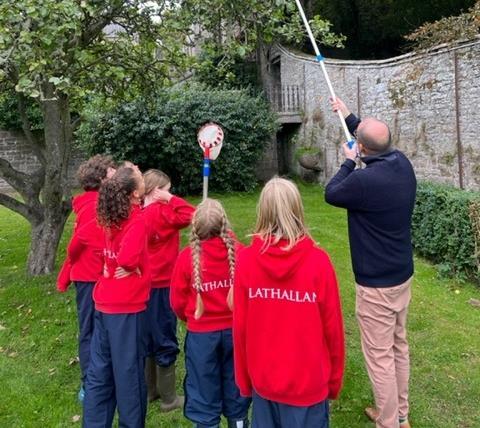
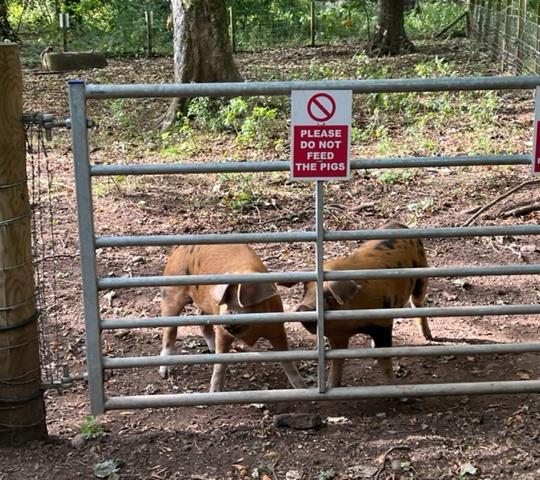

Lathallan School - Scotland
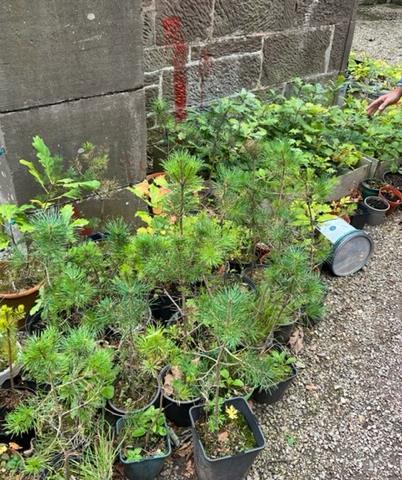
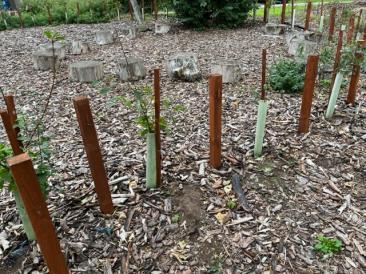
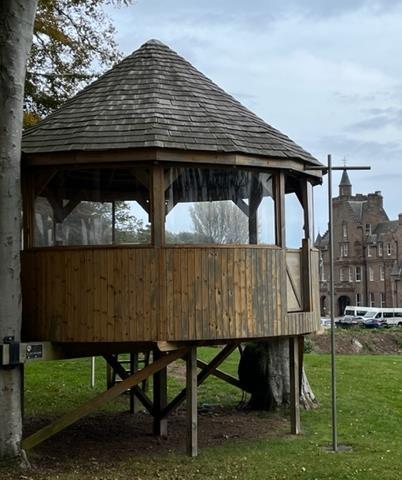
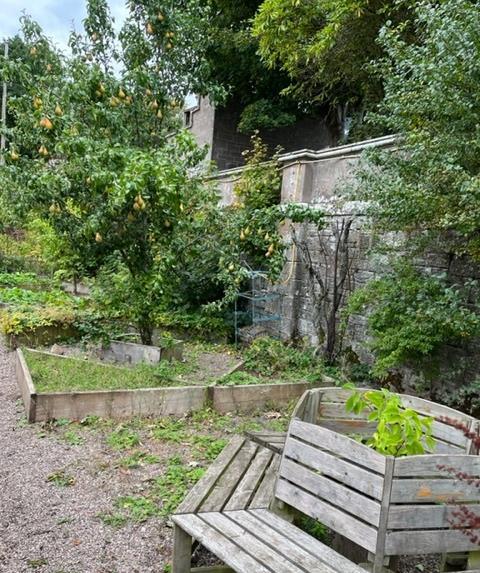
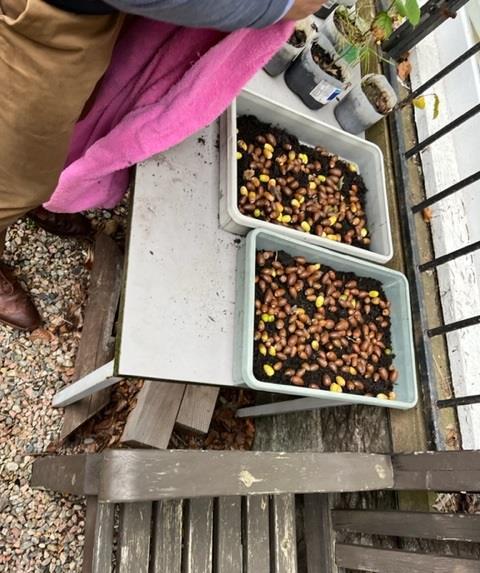

Lathallan School - Scotland
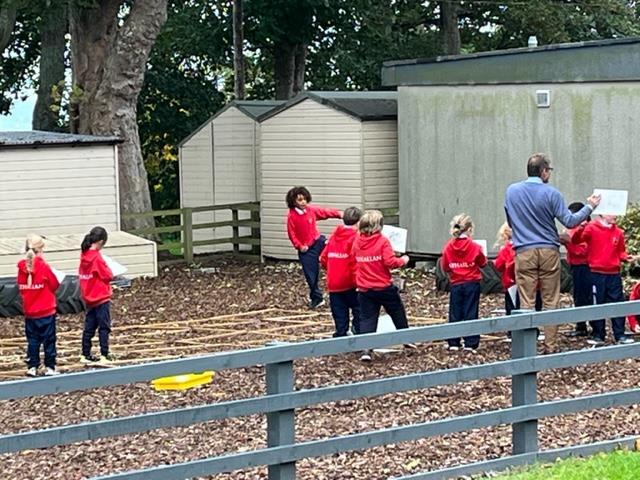
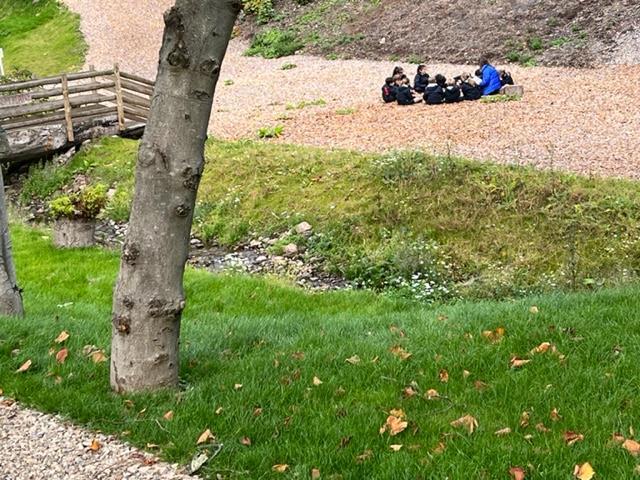

Key Learnings from Study Tour
• Most advanced schools had a specialist Outdoor Education Leader to coordinate the program.

• Strategic recruitment of staff with skills and passion within outdoor education.
• Professional development is required to build common understandings and specific skills – e.g. abseiling, climbing, water activities

Key Learnings from Study Tour
• Re-examine the King’s program to consider where the following elements are evident in the program – adventure and challenge, bush craft skills, agriculture, sustainability, creative & exploratory learning

• Do further investigation into Forest School pedagogy, friluftsliv, or "free air life“ – Sweden – structured and unstructured learning
• Connect with national organisations that can provide structure and support for the program e.g. sustainability initiatives and award systems

Key Learnings from Study Tour
• Further develop campus resources – e.g. indoor and outdoor climbing, low and high ropes courses, (challenge), stage specific resources for bush craft and exploratory learning

• Run parent seminars to explain the research, rationale for program, scope and sequence of skills and activities, outcomes and benefits
• Bring guest consultants and speakers into the community for the boys and parents to build their knowledge and awareness of the importance of the program.

What’s next? Proposed Low Ropes Course
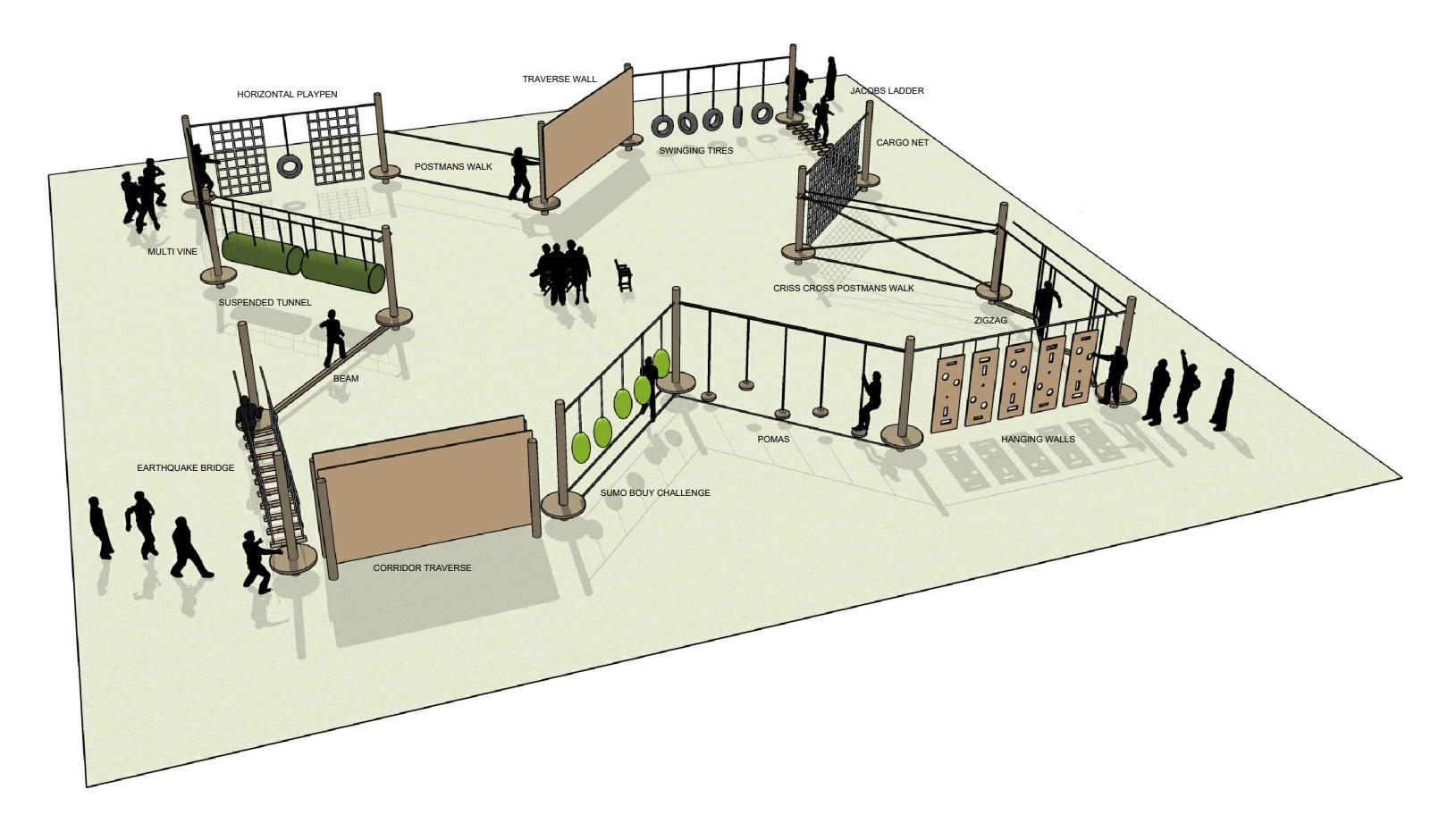


Proposed Climbing Towers and Zipline

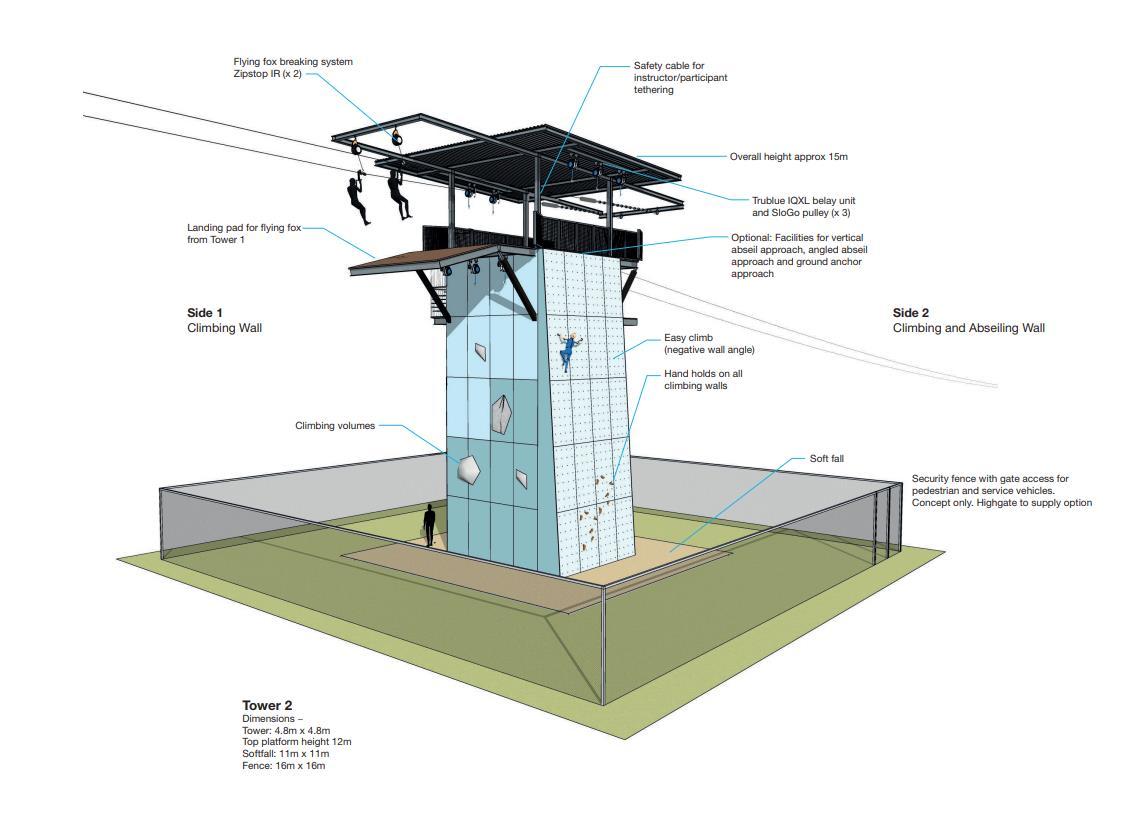
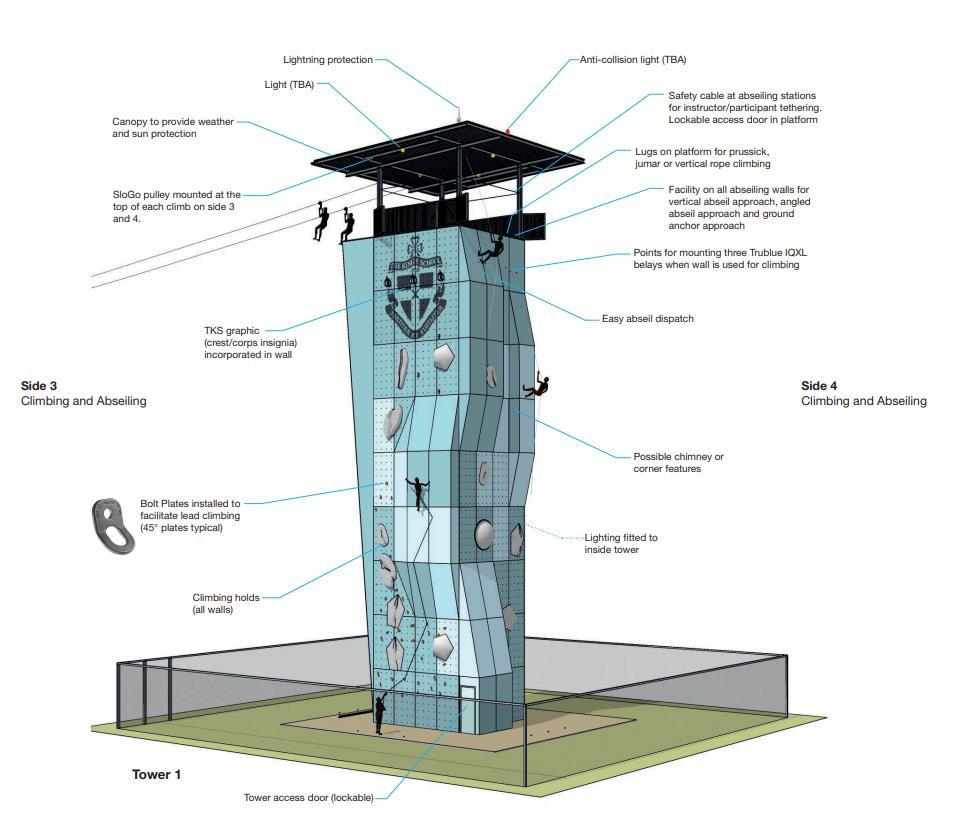


Proposed Senior School High Ropes
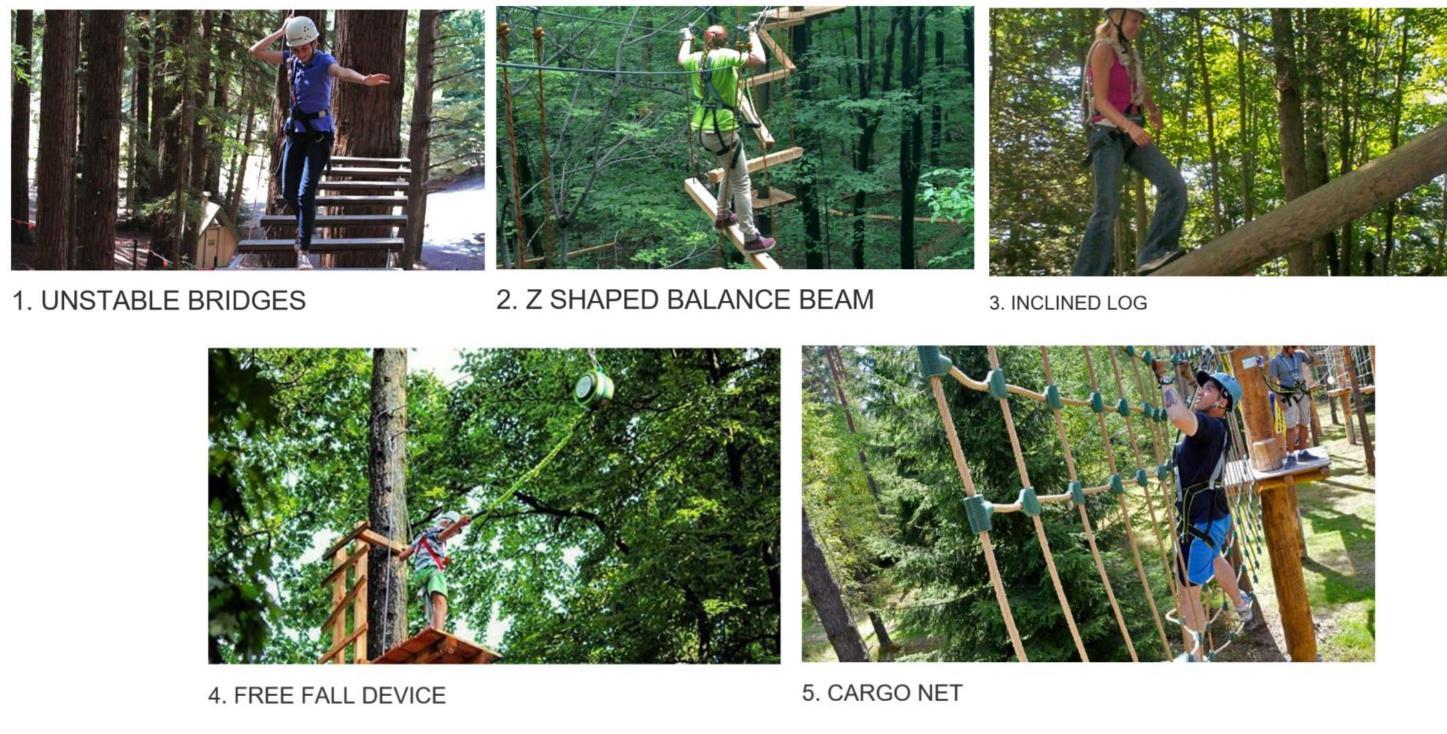


Proposed Senior School High Ropes
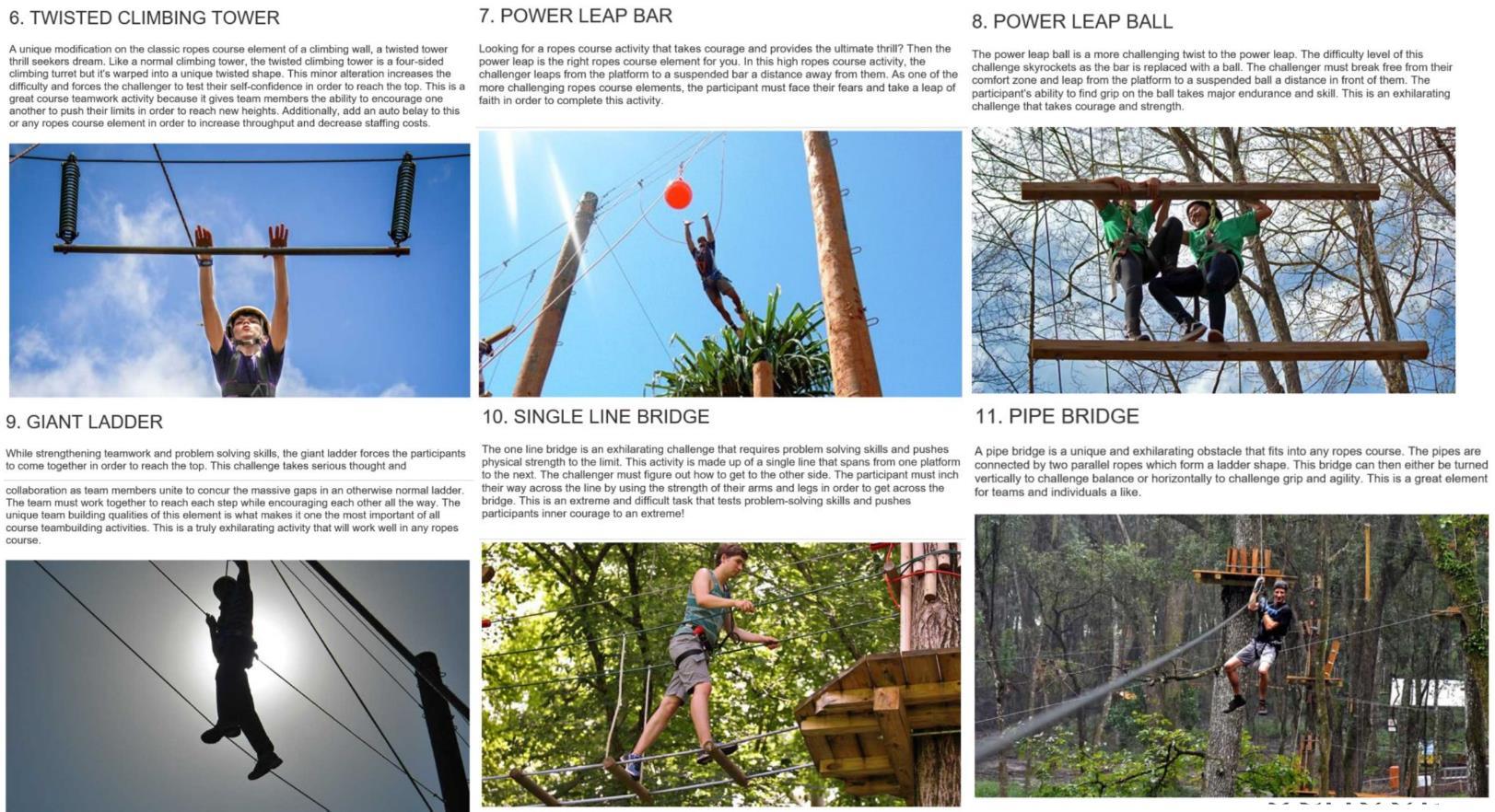


Questions?
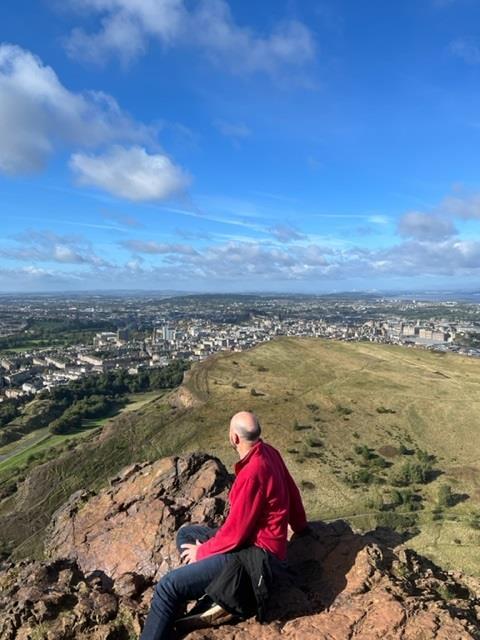


Get out there and enjoy!
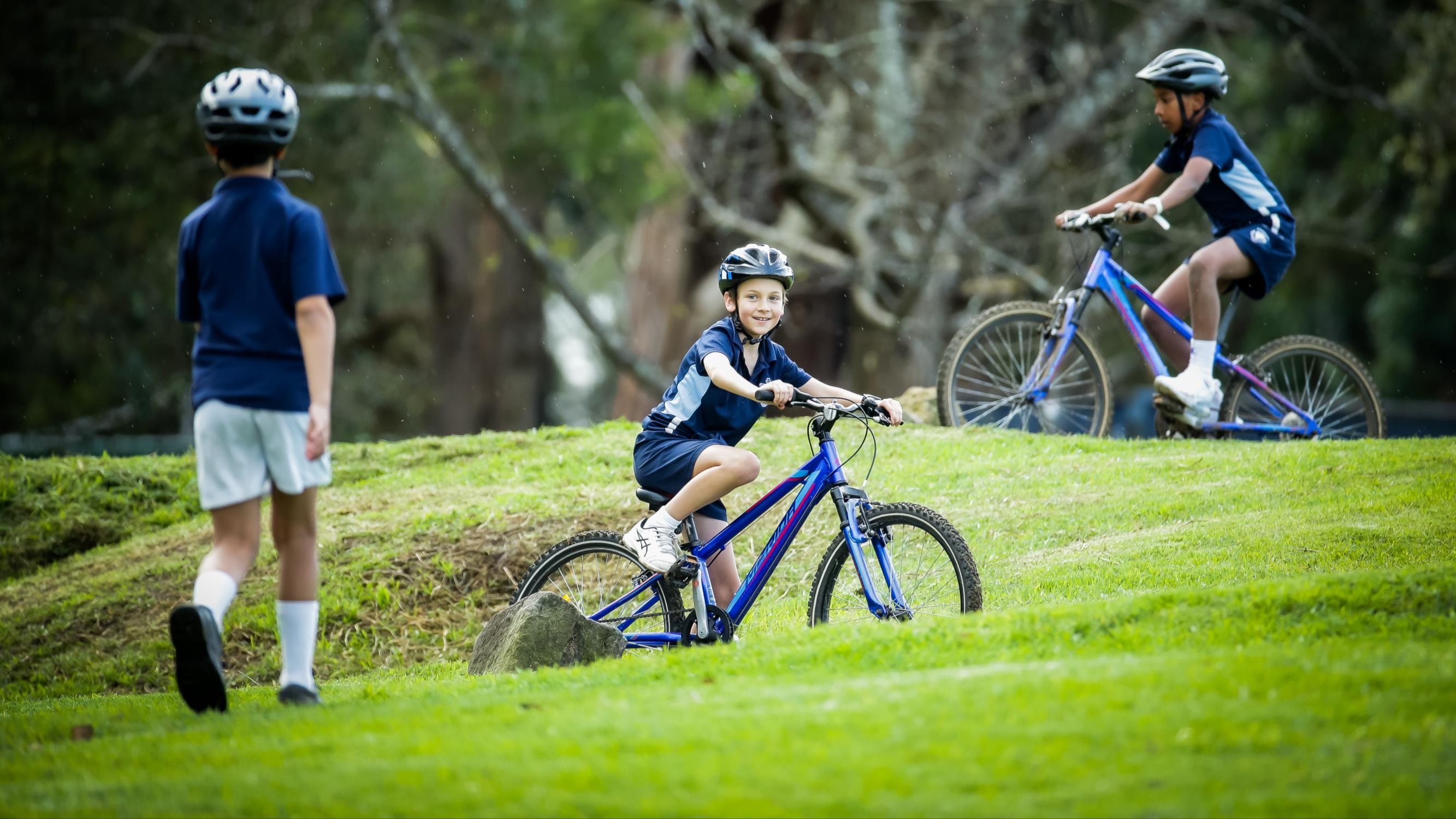


 Mr Peter Allison, Head of The King’s School Preparatory School
Mr Peter Allison, Head of The King’s School Preparatory School






























































































